Mystery surrounds move of Afghan ‘torturer in chief’ to U.S. amid allegations of spy agency abuse
Greg Miller, Julie Tate and Joshua Partlow — Washington Post April 28, 2014
In Afghanistan, his presence was enough
to cause prisoners to tremble. Hundreds in his organization’s custody
were beaten, shocked with electrical currents or subjected to other
abuses documented in human rights reports. Some allegedly disappeared.
Haji
Gulalai, then Afghan intelligence chief, is in sunglasses to the right
of Afghan President Hamid Karzai in 2002.
Click to enlarge
And then Haji Gulalai disappeared as well.
He had run Afghan intelligence
operations in Kandahar after the U.S.-led invasion in 2001 and later
served as head of the spy service’s detention and interrogation branch.
After 2009, his whereabouts were unknown.
Because of his reputation for
brutality, Gulalai was someone both sides of the war wanted gone. The
Taliban tried at least twice to kill him. Despite Gulalai’s ties to the
CIA and Afghan President Hamid Karzai, United Nations officials and U.S.
coalition partners sought to rein him in or have him removed.
Today, Gulalai lives in a pink
two-story house in Southern California, on a street of stucco homes on
the outskirts of Los Angeles.
How he managed to land in the United
States remains murky. Afghan officials and former Gulalai colleagues
said that his U.S. connections — and mounting concern about his safety —
account for his extraordinary accommodation.
But CIA officials said the agency
played no role in bringing Gulalai into the country. Officials at the
State Department and the Department of Homeland Security would not
comment on his relocation or immigration status, citing privacy
restrictions. Gulalai and members of his family declined repeated
inquiries from The Washington Post.
As the United States approaches its own
exit from Afghanistan, Gulalai’s case touches on critical questions
looming over that disengagement. What will happen to thousands of Afghans seeking to accompany the American exodus?
And how will U.S.-built institutions in that country — particularly its
intelligence service, the National Directorate of Security (NDS) —
treat those left behind?
Despite a substantial record of human
rights abuses, Gulalai was able to bypass immigration barriers faced by
Afghans whose work for the United States made them potential targets of
the Taliban. Many have been turned away because of security objections
submitted in secret by U.S. spy agencies.
Since its inception, the NDS has
depended on the CIA to such an extent that it is almost a subsidiary —
funded, trained and equipped by its American counterpart. The two
agencies have shared intelligence, collaborated on operations and traded
custody of prisoners.
Gulalai was considered a particularly
effective but corrosive figure in this partnership. He was a fierce
adversary of the Taliban, officials said, as well as a symbol of the
tactics embraced by the NDS.
“He was the torturer in chief,” said a
senior Western diplomat, who recalled meeting with a prisoner at an NDS
facility in Kabul to investigate how he had been treated when Gulalai
entered unannounced. The detainee became agitated and bowed his head in
submission. “He was terrified, which made sense,” the diplomat said.
Gulalai was “a big wheel in a machine that ground up a lot of people.”
U.S. officials said the CIA has taken
measures to curb NDS abuses, including training its officers on human
rights and pushing the organization to allow access to the International
Committee of the Red Cross and other monitoring groups. But even after
Gulalai’s departure, U.N. reports have documented widespread
mistreatment of prisoners by the NDS.
Retired Marine Gen. John R. Allen, who
was commander of coalition forces in Afghanistan until last year, warned
that “human rights is going to be a weakness for some period of time.”
Allen, who suspended prisoner transfers to the NDS
after reports of abuse, said the organization has made progress but
described its reliance on torture as an institutional “reflex.”
A ‘cruel position’
Now in his early 60s, Gulalai lives in a
rented house in a Los Angeles suburb where the dry heat and backdrop of
brown hills are reminiscent of Kandahar. His front yard is surrounded
by a tall, white fence with a locked gate at the sidewalk. There are
citrus trees in the back and a steady hum from a freeway a block away.
Gulalai, whose real name is Kamal
Achakzai, shares the house with a mix of family members, including his
wife and children, who range in age from toddlerhood into their
twenties. “They generally keep to themselves,” a neighbor said. “They
don’t speak except to say hello.”
A burly man matching Gulalai’s
description backed out of the family’s driveway on a recent afternoon.
He stopped briefly to roll down his window when approached by a reporter
for The Post, but then sped off without comment.
In Southern California, Gulalai is
surrounded by a network of Afghans, some of whom have known him since
childhood. “We see each other every weekend, we play cards together,”
said Bashir Wasifi, who attended school with Gulalai in Kandahar in the
1960s before moving to the United States in 1979.
Wasifi said Gulalai showed up
unexpectedly with a dozen or more relatives several years ago, after the
Taliban had killed two of his brothers and a son. The circumstances
convinced local Afghans that Gulalai had received special U.S. help. “He
was brought here by your government,” Wasifi said.
Gulalai has struggled to adapt. He
doesn’t have a job and has learned little English. It is unclear how the
family is supporting itself, although friends and relatives said that
Gulalai’s sons are employed and that the family owns property in
Afghanistan.
The stature that came with his
high-ranking position and powerful clan connections in Afghanistan are
gone. But Wasifi said that Gulalai also left behind the violence
associated with that life and is attempting to make the best of his new
circumstances.
“His position was a cruel position so
he did cruel things, but he is not like that,” Wasifi said. “He worked
with your government for 10 years. He hunted al-Qaeda for 10 years. What
[more] would you want?”
Starting from scratch
After the Sept. 11, 2001, attacks,
Gulalai was among a core group of Pashtuns recruited by the CIA to help
the agency and U.S. Special Operations teams seize Kandahar, the city
that had been the Taliban’s traditional stronghold. Gulalai had grown up
there surrounded by prominent fighters in the CIA-backed effort to oust
the Soviets from Afghanistan, many of whom went on to become members of
the Taliban or senior officials in Karzai’s government.
Gul Agha Sherzai, a childhood classmate, called Gulalai “the roughest kid in school.” Sherzai, who was a candidate for president of Afghanistan this year,
led the effort to recapture Kandahar in 2001. When he was named
governor of the province a year later, he turned to his friend Gulalai
to run security and intelligence operations.
At the time, the CIA was trying to
cobble together a national intelligence service that could protect the
Afghan government from internal threats as well as track down al-Qaeda
operatives. The agency sought to fuse informant networks established by
the Northern Alliance — which had worked with the CIA for years before
the Sept. 11 attacks — with the remnants of a Soviet-era service known
as the KHAD.
“It was chaos; you had to start from
scratch,” said a former senior U.S. intelligence official involved in
the effort. The agency equipped the NDS with a fleet of vehicles brought
up through Pakistan, delivered office supplies to a Kabul building that
the Taliban had trashed and provided a stream of cash to cover payroll.
“Money would come in on aircraft, we’d put it through a counting
machine and distribute it in duffel bags,” said the former U.S.
official, who spoke on the condition of anonymity to discuss the CIA’s
role.
The agency
brought in retired operatives to teach courses in basic espionage and
combine the disparate NDS elements into a coherent structure. The CIA
secretly turned some of its better students into informants on the
agency payroll, former officials said.
The training sessions also covered laws
against torture. “It was obligatory, mandatory,” the former U.S.
intelligence official said. “Whenever [NDS] captured anybody, we’d say
you have to respect their human rights.”
That message came amid other conflicting signals.
Even while holding classes on the humane treatment of detainees, the CIA was setting up secret prisons
where al-Qaeda suspects were subjected to brutal measures, including
waterboarding. At one of the agency’s detention sites in Afghanistan
known as the Salt Pit, a prisoner froze to death in 2002 after being
doused with water and left alone overnight.
The NDS became an extension of the CIA
with considerably greater size and reach. It grew to more than 20,000
employees and established a network of dozens of prisons in facilities
that in some cases had served the same purpose under Taliban, Soviet and
even 19th-century British rule.
In a war that came to be defined by an
escalating cycle of raids and arrests, the NDS became a critical
repository, taking custody of thousands of prisoners captured by the
CIA, the U.S. military and coalition forces.
The NDS branch in Kandahar was a major
destination for these deliveries, with a large prison near Kandahar
airport, as well as off-the-books interrogation cells hidden among
walled compounds in residential neighborhoods, former detainees and
Western officials said.
Sardar Mohammad, a Kandahar resident,
said he was held for months in an NDS cell after a team of U.S. Special
Operations forces burst into his home in 2002. Gulalai took part in the
raid, Mohammad said, and participated in interrogation sessions that
included one of his brothers and a son.
“Every night, they beat me,” Mohammad
said. He was released after his family paid 3,000 Pakistani rupees, he
said, but was arrested again later and taken to a CIA compound known as
Camp Gecko before being returned to NDS. There, Mohammad said, his
interrogators called him “a personal detainee of Gulalai.”
A senior
Afghan official who worked with NDS said Gulalai used his position to
settle tribal scores and enrich his clan. Weapons seized by the NDS were
sent to an arms depot in Gulalai’s home town of Gulistan, the official
said. Prisoners’ families were routinely forced to pay ransom for their
release.
“He tortured and took money from them,” the official said.
Critics said that Gulalai’s tactics also drove neutral Afghans into the enemy’s ranks.
Among them was Was Abdul Wasay, who
later became the Taliban’s “shadow governor” in Kandahar, an unofficial
position common across areas of Afghanistan where the Taliban still
exerts influence and seeks to challenge the Kabul government’s
authority. The senior Afghan security official described an early
encounter at an NDS prison with Wasay, who accused Gulalai of strapping
his father upside down to a door and leaving him in public view.
“I saw my father like this and I
decided I must fight the government,” Wasay said, according to the
Afghan security official, who would discuss security matters only on the
condition of anonymity. Wasay continued that fight for a decade until
Afghan military forces killed him this month, U.S. and Afghan officials
said.
Defenders of Gulalai said that his
daunting and dangerous job — to secure a province that had served for
years as the base of operations for the Taliban and al-Qaeda — required
him to be ruthless. Kandahar was a focal point of the war. Senior
officials there were frequent targets of assassination attempts,
including one of Karzai’s brothers, who was killed.
Sherzai, the former Kandahar governor,
disputed the allegations about his intelligence chief, saying: “He was a
very brave and strong man. I deny that he tortured anyone. He was under
my command and I would not have allowed him to do that.”
A surge in abuse allegations
By 2005, Gulalai had survived multiple
attempts on his life as well as mounting pressure on the government to
remove him from his job. A bombing at his family’s residence killed one
of his brothers but missed its intended target, said Afghan officials
and Gulalai associates.
Twice, U.N.
officials persuaded then-NDS Chief Amrullah Saleh to issue orders firing
Gulalai. Both times, the orders were undone by ethnic politics, U.N.
officials said, as Karzai countermanded the Tajik NDS chief to protect
his fellow Pashtun tribesman.
Instead of being dismissed, Gulalai was
promoted to NDS headquarters in Kabul and put in charge of the agency’s
investigations directorate, known at the time as Department 17. The
position gave him authority over the main NDS prison in Kabul, to which
detainees from across the country were sent for long-term custody.
Allegations of abuse surged.
A secret memo circulated among senior
U.N. officials and Western diplomats in late 2007 described NDS torture
as “systemic” and identified Gulalai as singularly responsible.
Gulalai was “personally involved in
conducting beatings amounting to torture, in detaining suspects
illegally and arbitrarily and in deliberately and systematically evading
detention monitoring,” the memo said. It cited unverified allegations
of “disappearances” as well as testimony of “an extra-judicial killing
and cover-up [that] seems very credible.”
Gulalai’s methods “included beating
with a stick to the point of drawing blood, sleep deprivation for as
long as thirteen days, protracted periods fastened with handcuffs and
chains and suspension from the ceiling,” the memo stated.
The harshest treatment was reserved for
Gulalai’s “personal prisoners,” those suspected of being involved in
attacks against his family or clan. “They were held in underground
cells, including in the cellars of the Investigation Directorate main
offices,” the memo said.
Overall, Gulalai operated in a “culture
of impunity” enabled by his close ties to high-ranking Afghan officials
and status as “a key partner for international agencies working on
counter terrorism and insurgency” — an apparent reference to the CIA and
U.S. Special Operations forces.
A family forced to flee
Ultimately, the growing danger to
Gulalai and his family prompted him to plan the exit that diplomats and
rights groups had been unable to engineer.
In March 2007, Gulalai narrowly survived an attack by a suicide bomber near the entrance of a prominent Kabul mosque. An incident report
contained in the WikiLeaks collection of leaked diplomatic files said
that “General Gulalai” was among 12 injured in the attack, which also
killed at least two civilians.
Gulalai’s son Raqib Achakzai said in a brief telephone interview last month that the family was forced to flee.
“They killed my cousins, four or five
uncles, that’s why we came out here,” said Achakzai, who indicated that
he works as a contractor for the U.S. military in North Carolina. He
declined to discuss details of the family’s departure from Afghanistan,
however, saying, “These are questions I’m not about to answer.”
CIA officials denied any involvement.
“The CIA had no role whatsoever in facilitating the relocation of Haji
Gulalai from Afghanistan to the United States,” agency spokesman Dean
Boyd said.
Instead, Gulalai and his family
apparently secured permission to travel to the United States, possibly
under a “parole” designation used by the Department of Homeland Security
to help foreigners facing medical emergencies or other extreme
circumstances. Once in the country, Gulalai was granted asylum, said an
official familiar with the case.
Asylum is designed to grant safe haven
to foreigners who are likely to be arrested, tortured or killed if they
return home. But U.S. law bars the granting of asylum to those who have
persecuted others.
The required legal forms ask applicants
whether they have “ever ordered, incited, arrested or otherwise
participated in causing harm or suffering to any person” because of
race, religion, nationality or other affiliation. But there is limited
ability to check the accuracy of the responses.
Applicants are screened against
databases for criminal convictions or terrorist ties. But experts said
those records are unlikely to reveal allegations of human rights abuses,
particularly when the alleged abuser was operating under government
authority and was not arrested or publicly accused. Prospects of
detection may have been further complicated by the fact that Gulalai
used only his Achakzai name once in the United States.
There is at least one indication, however, that U.S. authorities were able to connect the asylum seeker to his NDS résumé.
At a hearing before an immigration
judge in Los Angeles several years ago, Gulalai defended his asylum
claim by presenting photos of the Kabul bombing and other evidence of
the danger he faced in Afghanistan, said Wasifi, who accompanied his
friend to help interpret.
A U.S. attorney challenging the claim
asked repeatedly whether the man now calling himself Achakzai was ever
known by another name. After getting only looks of bewilderment, Wasifi
said, the attorney changed his question: “Then who is Gulalai?”
Gulalai chuckled and replied that it
was just a nickname bestowed by his family, and apologized for the slip,
Wasifi said. He emerged from the hearing with his immigration status
intact.
Lea Greenberger, the attorney who,
Wasifi said, represented Gulalai at the hearing, declined to discuss
details of the case. “I will not represent people who violated human
rights,” she said, but noted that lawyers don’t always have complete
information about their clients. Clear answers on eligibility for asylum
can be elusive, she said, especially when applicants come out of
countries as ravaged by conflict as Afghanistan.
“If there were a clear black-and-white
line, it would make things easier, but there isn’t,” Greenberger said.
“In wars there are heroes who massacred others.” To some, she said, “a
violation of human rights against the Taliban is perhaps an act of
courage.”
A contradictory mission
As Gulalai settled into life in
Southern California, the United Nations and other groups embarked on
more comprehensive efforts to investigate alleged prisoner abuse by the
NDS as well as the Afghan army and police.
In 2011 and 2013, the U.N. Assistance Mission in Afghanistan issued reports based on interviews with hundreds of prisoners that found evidence of torture at NDS facilities nationwide.
The problem was particularly acute at
five sites, including Kandahar, where two-thirds of the prisoners
interviewed said they were “systemically tortured.” Many were beaten
with cables, forced to endure electric shock to the testicles, or
handcuffed in excruciating positions for days at a time. One detainee
“reported that an NDS official removed his toenail with a knife.”
The reports, released a decade into the war, triggered significant if belated reforms.
In 2011, Allen suspended detainee
transfers and imposed new requirements, including regular inspection and
certification of NDS prisons by U.S. and coalition military teams
before transfers could resume.
Allen said he does not think the CIA
encouraged or tolerated abuse. Instead, he said, the problem was deeply
ingrained, with causes including the coarsening effect of decades of
conflict as well as the influence of a justice system that relies on
coerced confessions to function.
“To its credit, the NDS seems committed to ending torture,” he said, “but eliminating this practice will be a heavy lift.”
The CIA was not obligated to abide by
Allen’s suspension or new restrictions, officials said. Boyd, the CIA
spokesman, said that although the agency “can’t publicly discuss the
significant steps we’ve taken to help NDS address these issues, we take
seriously any allegations of abuse.”
Others, however, said the United States
disregarded the problem for the better part of a decade and never
imposed serious sanctions, such as cutting off NDS funding, even after
the evidence of abuse was overwhelming. Some cited the seemingly
incompatible U.S. objectives in Afghanistan, where the desire to build
humane government institutions could be offset by the imperative to root
out the Taliban and terrorism at almost any cost.
“The fact is our mission is internally
contradictory,” said Barnett Rubin, a professor at New York University
who is also senior adviser on Afghanistan and Pakistan at the State
Department. When U.S. troops depart, he said, “we will leave a deeply
corrupt and abusive government on whose territory there are virtually no
members of al-Qaeda to be found.”
NDS spokesman Lutfullah Mashal declined
to discuss Gulalai’s tenure or departure, citing a policy against
revealing information about employees of the spy service.
In 2012, the NDS created a new human
rights unit to investigate alleged abuse. The British government helped
install cameras in NDS interrogation booths. Mashal said that such
changes had eradicated a problem that he insisted had been exaggerated.
“I deny any kind of torture by NDS at all,” he said.
A third
report by the United Nations, expected to be released in the coming
months, is said to cite progress on detainee treatment but also evidence
of ongoing torture. “Despite significant remedial steps, torture
continues because there’s no real deterrent,” said Georgette Gagnon,
U.N. human rights chief in Afghanistan. “We’re not aware of any NDS
official who has been prosecuted or fired for using torture.”
Gulalai has made several return trips
to Afghanistan in recent months to sell property there, family members
and associates said. If true, the visits could undermine the argument
that Afghanistan had become too dangerous for him, potentially
complicating his asylum claim.
Afghans who worked as interpreters or
security guards or in other capacities for the U.S. military and other
agencies have overwhelmed a special U.S. visa program, seeking to escape
before American forces depart. The State Department has granted visas
to about 3,000 Afghans through the program, a spokeswoman said. But as
many as 5,000 remaining Afghans are now competing for half as many
slots.
Wasifi said Gulalai secured permanent
resident status in the United States last year and is moving toward
citizenship. The allegations against him, Wasifi said, should not stand
in his way.
“I blame the U.S. for this,” Wasifi
said. “If he was doing wrong to society, it is a shame for you. You
appointed him to this position. NDS did not exist before. You created
it. If you occupy a country, you are responsible.”
Kevin Sieff in Kabul and Sharifullah Sharaf in Kandahar contributed to this report.
In Afghanistan, interpreters who helped U.S. in war denied visas; U.S. says they face no threat
A growing number of Afghan interpreters who worked alongside American troops are being denied U.S. visas allotted by Congress because the State Department says there is no serious threat against their lives.
But the interpreters, many of whom served in Taliban havens for years, say U.S. officials are drastically underestimating the danger they face. Immigration lawyers and Afghan interpreters say the denials are occurring just as concerns about Taliban retribution are mounting because of the ongoing withdrawal of U.S. forces.
Photos of the day
Ukrainian ultranationalists march, Osama bin Laden lookalike, Donald Sterling banned, deadly tornado aftermath and more.Putin demands Kiev pull troops from eastern Ukraine
The Russian president spoke with Germany’s chancellor, who seeks the release of international monitors.
Mohammad received a U.S. form letter saying he had failed to establish that there was a “serious threat” to his life. He had explained in his application that the Taliban had spotted him on the job and had spread word in his village that he was a wanted man.
In one particularly dangerous assignment, he was asked to mediate between U.S. soldiers and local residents after an American convoy ran over and killed an Afghan child, he said.
In the initial phase of the visa process, “an applicant has to establish that he or she has experienced or is experiencing an ongoing serious threat as a consequence of employment by or on behalf of the U.S. government,” said Robert Hilton, a spokesman for the U.S. Embassy in Kabul.
He said the applications were examined by an embassy committee, which decided whether they should be forwarded to Washington.
Hilton and other U.S. officials would not explain what constitutes a “serious threat” or discuss specific cases in which applicants were denied visas.
‘A real sense of frustration’
Another interpreter who was denied a visa had worked for years at a U.S. military prison screening visitors. U.S. military officers wrote several letters stating that his job put him in particular danger because of his constant contact with the families of detained militants.But the State Department review board said those concerns did not amount to a “serious threat,” the man said, speaking on the condition of anonymity because of concerns for his safety.
A third interpreter who received a similar denial, and gave only part of his name, Naseri, survived three attacks by improvised bombs on the military units he accompanied during a five-year stint. He said he explained in a visa interview at the U.S. Embassy that he had been called a “spy and a traitor” while on patrol with his American unit and that the Taliban knew where he and his family lived. This year, he said, someone called his father and threatened to kill members of his family.
Several U.S. military officers wrote letters to the State Department about the role Naseri played.
“Every house we went into, he went into. Every firefight we went into, he went into,” said Lt. Matt Orr, who worked with Naseri in one of the most dangerous corners of eastern Afghanistan. He said he was baffled when Naseri was denied a visa.
“I feel a real sense of frustration with the bureaucratic mess that would do something like this,” Orr said.
Afghan interpreters who work with the U.S. military usually wear masks and assume phony American names to disguise their identities. But they say the Taliban often hears about their association with American forces, especially if they are from small villages where the insurgency has influence.
A former U.S. Marine interpreter named Mustafa was kidnapped and killed outside Kabul in August. His colleagues said he had completed his visa interview several days before his death. A photo of his body was posted on the page of a Facebook group that interpreters use to exchange information about their visa applications.
Since the program’s inception four years ago, 1,648 interpreters have received special immigrant visas, or SIVs, out of the 8,750 allocated by Congress.
The program has been dogged by delays and other problems. The State Department was criticized this year for temporarily revoking one interpreter’s visa without explanation and for denying other applicants based on vague accusations that they were affiliated with terrorist groups.
But the most recent spate of denials could affect a broader range of interpreters. They go to the core reason that the program exists — the threat facing Afghan men and women who worked for the U.S. government here.
Supporters of the program in Congress expressed anger over the visa denials.
“I am deeply concerned about recent reports that the threat posed to interpreters by Taliban insurgents in Afghanistan is being downplayed or disregarded,” Rep. Tulsi Gabbard (D-Hawaii), a veteran of the Iraq war, said when asked for reaction. “The current process for approving visas threatens to undermine the commitment we made to stand with them.”
Said Sen. Jeanne Shaheen (D-N.H.), a member of the Armed Services Committee: “We have to keep our promise to individuals who risked their lives serving alongside our troops. Failing to act puts lives at further risk and hurts our credibility around the globe.”
More than 6,000 Iraqis have received visas through an analogous program over the past five years. Immigration lawyers representing interpreters from both countries say the “serious threat” denials have been issued only to their Afghan clients.
“For the past few months, we have been seeing an alarming number of Afghan SIV applicants denied by Embassy Kabul for allegedly ‘not facing a threat,’ ” said Becca Heller, director of the Iraqi Refugee Assistance Project, which represents Iraqis and Afghans.
“These are people being hunted down by Taliban forces because of their work with the United States,” she said. “Many of them have been shot at or kidnapped, and others have hard evidence in the form of death letters and death lists from the Taliban.”
Some worry that the United States is denying the visas to prevent talented English-speaking interpreters from leaving Afghanistan. Those men and women would be assets to any long-term American presence in the country, some U.S. officials have said.
“This act could drain this country of our very best civilian and military partners: our Afghan employees,” then-U.S. Ambassador Karl Eikenberry wrote in a February 2010 cable to then-Secretary of State Hillary Rodham Clinton that was obtained a year later by the Associated Press. He warned that the program could “have a significant deleterious impact on staffing and morale, as well as undermining our overall mission in Afghanistan. Local staff are not easily replenished in a society at 28 percent literacy.”
Interpreters whose visa applications have been denied say they are puzzled by the standards being used.
“What’s a serious ongoing threat for them? Do they need someone to bring in my decapitated head?” said another interpreter, who also spoke on the condition of anonymity for security reasons.
“The Taliban posted a letter on our house saying next time I come inside my house, they will kill my whole family. That’s still not good enough?”
Impatient Afghan candidates are counting their own votes
In this rugged country where ballots are counted by hand and election results are viewed with suspicion, impatient presidential candidates are not willing to wait for official numbers and have started counting votes themselves.
Since Saturday’s presidential election, tens of thousands of volunteers for the candidates have been visiting polling stations across the country to call in results that have been taped on the walls of mosques and schools. The team of former finance minister Ashraf Ghani has created a slick Web site with pie charts and bar graphs that show partial returns as they come in, three weeks ahead of the expected announcement of the winner. Perhaps unsurprisingly, his Web site is projecting that he will be the victor (by a margin of 57 percent, with a quarter of the ballots counted).
Graphic
The Afghan presidential campaign has narrowed to a field of eight men, who are running to succeed Hamid Karzai.
The early and partial results, which have been bandied about on social media and are showing a tight race between Ghani and former foreign minister Abdullah Abdullah, have galled the candidates who appear to be losing.
“It’s illegal work and it’s against all principles,” Gul Agha Sherzai, a presidential candidate and former governor of Nangahar province, said about the early totals in an interview Monday.
“I think this is not correct for them to do,” said Gulbuddin Hillal, another candidate expected to finish far from the lead. “They are misusing the media. This is a joke on the election and on the people.”
Trucks loaded with plastic tubs full of ballots are making their way to the capital, and the official vote count starts this week. It will be conducted by the country’s Independent Election Commission at a tally center in Kabul. Election officials said that partial and preliminary results will be released this week but that, until then, candidates should refrain from making their own predictions. “The candidates should not confuse the public mind by posting or publishing baseless and inaccurate election results,” said Noor Mohammad Noor, an election commission spokesman.
The other main activity among the candidates’ teams is collecting allegations of voting fraud or coercion that might help tip the scales in a close race. The staffs are manning call centers and collecting complaints from around the country and filing them with election officials. At an office in Kabul run by a political party supporting Ghani, young men made calls to the provinces, watched videos on their laptops of alleged fraud and wrote up complaints to be submitted for review.
In the previous presidential election, fraud became the defining theme, and more than 1 million votes were invalidated, forcing President Hamid Karzai into a second-round runoff that he won when the challenger, Abdullah, dropped out before the race. There have been allegations of fraud this time as well, as well as of a shortage of ballot papers that prevented people from voting, but so far the troubles don’t appear to be on the scale of those in the 2009 election.
There were news reports Monday that gunmen broke into an election commission office in the eastern province of Khost and filled boxes with new ballots.
“It was clear that there was going to be fraud, and there was, but none of the reports so far are really massive or solid. We’re not getting the impression yet that
it’s been huge,” said Martine Van
Bijlert, co-director of the Afghanistan Analysts Network. “People are going to be looking at the shortage of the ballot papers, how that affected the outcome, and whether it was linked to partial ballot stuffing.”
The homemade results making the rounds on the Internet are not to be trusted, she said, and are “potentially harmful.”
“When you’re making people believe that you’ve already won, you’re in essence priming your followers to be upset,” she said.
Analis: Kebijakan AS untuk Mendestabilisasi Suriah Gagal Total
IslamTimes.
http://www.islamtimes.org/vdcg779wyak9uy4.1ira.html
AS dan sekutu Baratnya telah menyadari kebijakan mereka untuk
mendestabilisasi dan menggulingkan pemerintah Suriah Presiden Bashar al -
Assad telah gagal, kata seorang analis geopolitik di New York.
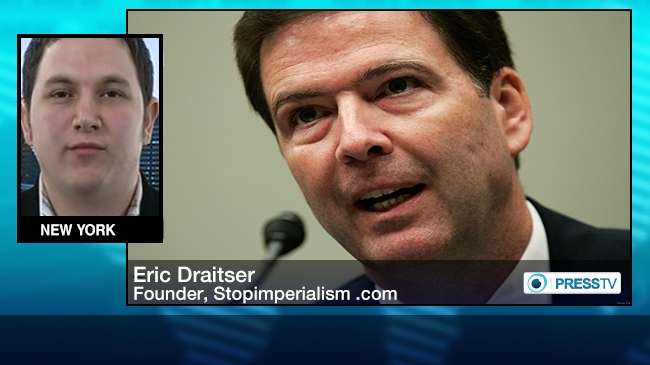
AS dan sekutu Baratnya telah menyadari kebijakan mereka untuk mendestabilisasi dan menggulingkan pemerintah Suriah Presiden Bashar al - Assad telah gagal, kata seorang analis geopolitik di New York.
"Tampaknya mereka sekarang mulai menyadari, disaat dunia telah mengakui, bahwa upaya untuk mendestabilisasi dan menggulingkan pemerintahan Assad dengan menggunakan terorisme telah gagal, " kata Eric Draitser, pendiri StopImperialism.com.
Kerusuhan Suriah merupakan bagian dari konflik yang lebih besar antara sistem imperial Barat dan mereka yang berdiri menentang sistem itu, kata Draitser kepada Press TV pada hari Sabtu (3/4/14).
Suriah telah dicengkeram oleh kekerasan mematikan sejak tahun 2011. Menurut PBB, lebih dari 100.000 orang tewas dan jutaan lainnya mengungsi ke negara-negara tetangga.
Menurut laporan, kekuatan Barat dan sekutu regional mereka terutama Qatar, Arab Saudi dan Turki menjadi pendukung utama para militan yang beroperasi di dalam wilayah Suriah.(IT/TGM)
Analis: AS Ingin Krisis Ukraina Terus Berlanjut
IslamTimes.
http://www.islamtimes.org/vdcgn79wnak9u34.1ira.html
"Washington tidak berniat untuk menyelesaikan krisis di Ukraina.
Setelah gagal untuk merebut negara dan mengusir Rusia dari pangkalan
angkatan laut di Laut Hitam, Washington melihat peluang baru dalam
krisis tersebut, "tulis Craig Roberts dalam sebuah artikel Jumat
(2/5/14)di situs Press TV.
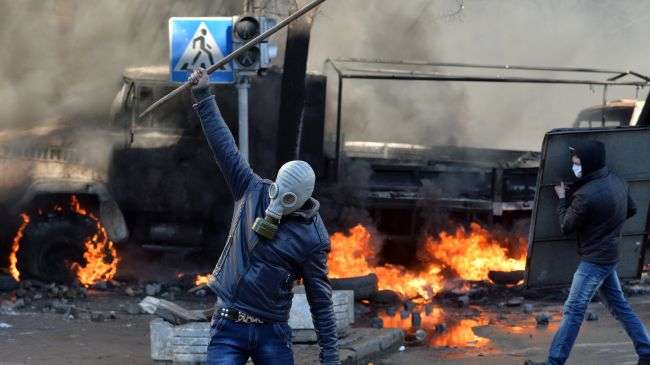
Amerika Serikat tidak mendukung langakah yang akan mengakhiri krisis di Ukraina, kata seorang analis politik.
"Washington tidak berniat untuk menyelesaikan krisis di Ukraina. Setelah gagal untuk merebut negara dan mengusir Rusia dari pangkalan angkatan laut di Laut Hitam, Washington melihat peluang baru dalam krisis tersebut, "tulis Craig Roberts dalam sebuah artikel Jumat (2/5/14)di situs Press TV.
Analis berpendapat bahwa salah satu tujuan utama Amerika Serikat adalah untuk mengulang Perang Dingin dengan memaksa Rusia untuk menempati daerah berbahasa Rusia (Ukraina) dan menggunakan isu tersebut sebagai dalih untuk mengisolasi Moskow secara internasional dan menggoyahkan Rusia dari dalam.
"Washington melihat kesempatan untuk menjadikan Rusia sebagai negara bonekanya, " tulis Roberts.
Analis menunjuk doktrin Wolfowitz, yang menganggap setiap kekuatan yang cukup kuat untuk tetap independen adalah musuh, dan doktrin ini digunakan AS terhadap Rusia dan Cina.
Pada hari Kamis, Wakil Sekretaris Jenderal NATO Alexander Vershbow mengatakan, tindakan Rusia di Ukraina telah memaksa aliansi militer Barat untuk menghadapi Rusia sebagai musuh bukan mitra.
Dia menyatakan bahwa aliansi sedang mempertimbangkan langkah-langkah baru untuk mencegah Rusia dari setiap agresi terhadap anggota NATO di sepanjang perbatasannya.(IT/TGM)
Krisis Ukraina
Ukraina Membara, Puluhan Warga Tewas di Kota Odessa
Islam
Times- http://www.islamtimes.org/vdcci4q112bqmm8.5fa2.html
"Setidaknya 38 tewas di Odessa. Tampaknya upaya pro-Rusia untuk
mendapatkan kontrol bangunan berhasil', tambah Reuters.
Ukraina semakin membara, terbaru, sebuah bentrok massal antara aktivis pro pemerintah dengan pendukung pro-Rusia di Odessa yang menewaskan puluhan warga.
Menurut laporan media setempat, sekitar 40 orang, termasuk 10 polisi, terluka dalam insiden itu, kata pernyataan resmi.
Russia Today pada Sabtu, 03/05/2014, melaporkan, salah satu anggota kepolisian setempat mengkonfirmasi akibat bentrokan tersebut sekitar 38 orang terjebak dalam kebakaran di gedung serikat perdagangan. Beberapa di antara mereka nekat melompat ke luar gedung. Sejauh ini jumlah korban tewas masih sangat mungkin bertambah.
Gedung itu dibakar setelah sebelumnya terjadi bentrokan massa antara pendukung Ukraina dan pro-Rusia yang kemudian terjadi kebakaran hebat di bangunan tersebut.
Kerusuhan bermula ketika massa pro pemerintah, melakukan konvoi di Odessa dan bertemu dengan rombongan massa pro Rusia.
Sampai sejauh ini sekitar puluhan orang tewas dalam kerusuhan yang melibatkan bom molotov dan kebakaran gedung tersebut.
"Lebih dari 40 orang diperkirakan tewas di Odessa, pada Jumat, sebagian besar terperangkap dalam bangunan yang dibakar setelah para aktivis pendukung persatuan Ukraina dan pro-Rusia bentrok di seluruh kota pelabuhan selatan," tulis Reuters.
"Setidaknya 38 tewas di Odessa. Tampaknya upaya pro-Rusia untuk mendapatkan kontrol bangunan berhasil', tambah Reuters.
Kekerasan harus berhenti!", tulis Menteri Luar Negeri Swedia Carl Bildt di Twitter pribadinya.
Sebelumnya, Bildt menyalahkan aktivis pro-Rusia dan menyebutnya sebagai preman yang melakukan kekerasan di jalanan di Odessa. [IT/Onh/Ass]
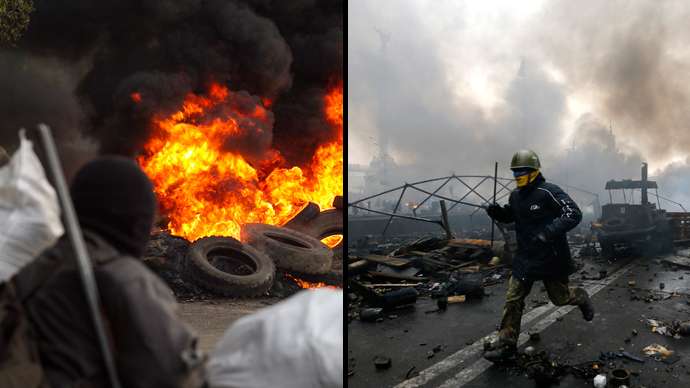
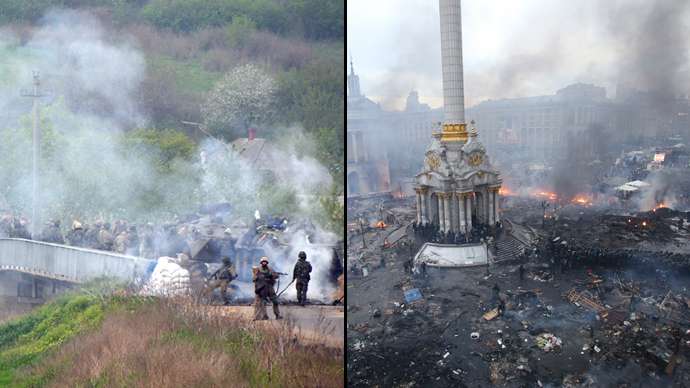
kode topik : 378723
Memanas, Pro-Rusia Tembak Jatuh Dua Helikopter Ukraina
Islam
Times-http://www.islamtimes.org/vdcaaanea49n0y1.h8k4.html
Sementara itu, Kementerian Pertahanan Ukraina menyatakan, dua
helikopter Mi-24 ditembak jatuh para pemberontak pro-Rusia dan
menewaskan dua personel. Sebuah helikopter Mi-8 juga sempat terkena
tembakan para pemberontak, namun tak ada yang terluka.
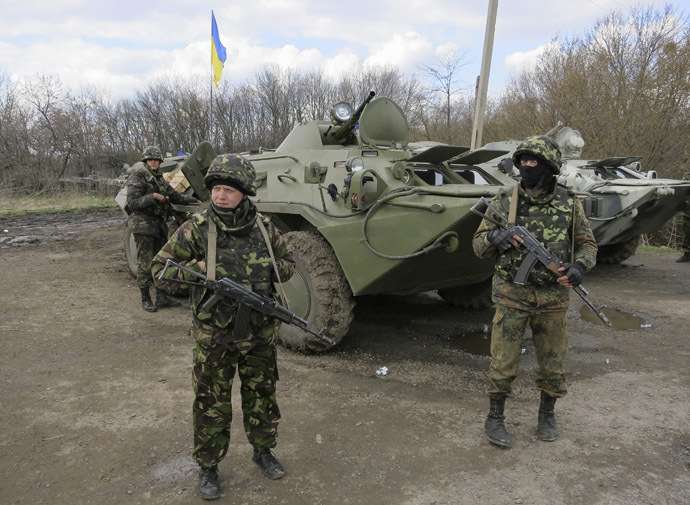
Tentara Ukraina (RT)
Krisis di ukraina semakin memanas, laporan media menyebutkan, dua helikopter militer Ukraina ditembak jatuh para pemberontak saat melancarkan serangan untuk membubarkan aksi demo pro-Rusia di kota Slavyansk, Ukraina. Dalam insiden itu, dua personel militer Ukraina tewas.
"Serangan berskala penuh tengah dilancarkan," kata juru bicara pemberontak di Slavyansk seperti dilansir kantor berita AFP, Jumat, 02/05/2014.
Menurut AFP, delapan kendaraan lapis baja dan 100 tentara Ukraina bergerak maju ke kota tersebut.
Suara ledakan-ledakan dan tembakan terdengar secara sporadis. Sejumlah helikopter pun meraung-raung terbang sangat rendah di atas kota tersebut.
Sementara itu, Kementerian Pertahanan Ukraina menyatakan, dua helikopter Mi-24 ditembak jatuh para pemberontak pro-Rusia dan menewaskan dua personel. Sebuah helikopter Mi-8 juga sempat terkena tembakan para pemberontak, namun tak ada yang terluka.
Menteri Dalam Negeri Ukraina Arsen Avakov mengatakan, salah seorang korban tewas adalah pilot. "Ini pertempuran sesungguhnya yang sedang kami lancarkan terhadap para profesional bayaran," tutur Avakov.
Menurut klaim Avakov, para pemberontak menggunakan perisai manusia dengan melepaskan tembakan dari tempat-tempat di blok-blok apartemen besar. Ditandaskan Avakov, tujuan operasi militer ini adalah untuk memaksa para pemberontak membebaskan para sandera yang mereka sekap, juga agar para pemberontak menyerahkan diri.
Sejak pekan lalu, para pemberontak di Slavyansk telah menyandera tujuh inspektor Eropa dari Organization for Security and Cooperation di Eropa. Ketujuh inspektor itu ditahan para pemberontak di balai kota. [IT/Detiknews]
Warga AS Tolak Perang, Gedung Putih Kelimpungan
Islam
Times- http://www.islamtimes.org/vdcdkj0s9yt05x6.lp2y.html
Kenyataannya, para pakar keamanan (kaum elang konservatif dan
serupanya, kaum merpati liberal) setuju bahwa berperang di Timur Tengah
melemahkan keamanan nasional dan meningkatkan terorisme. Jadi, intinya,
tidak membuat kita lebih aman.
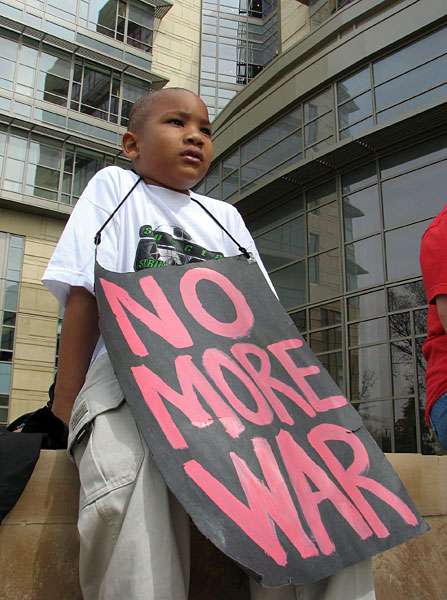
Anti Perang (indybay)
Kini hampir seluruh warga Amerika sangat menentang perang di Ukraina, Suriah, Iran, dan di tempat lain. Kalangan yang kayaraya dari hasil perang (para pengelola kompleks industri militer dan bank-bank besar) serta antek-anteknya mulai putus asa dalam membalik tren ini.
Menghadapi itu, mereka pun makn berupaya menjustifikasi perang dengan cara aneh sekalipun.
Misalnya, Ian Morris menulis sebuah buku yang menyatakan bahwa perang merupakan hal terbaik yang pernah ada, satu-satunya hal yang telah mengangkat kita keluar dari kemiskinan dan kebiadaban. Bahkan, ia dengan yakin mengatakan bahwa perang mencipta kedamaian.
David Swanson menulis karya yang harus dibaca, yang melucuti buku Morris. Minggu ini, di Washington Post, Morris menulis, "Perang tak hanya membuat kita lebih aman, tapi juga lebih kaya."
Kenyataannya, para pakar keamanan (kaum elang konservatif dan serupanya, kaum merpati liberal) setuju bahwa berperang di Timur Tengah melemahkan keamanan nasional dan meningkatkan terorisme. Jadi, intinya, tidak membuat kita lebih aman.
Sekarang, terdapat bukti kuat bahwa perang itu mengerikan bagi perekonomian, dan membuat kita lebih miskin.
Morris melanjutkan, "Para pemikir telah lama bergulat dengan hubungan antara perdamaian, perang, dan kekuatan. Thomas Hobbes menulis kasusnya tentang pemerintahan yang kuat, 'Leviathan', saat Perang Saudara Inggris berkecamuk di sekelilingnya pada 1640-an."
Kenyataannya, Hobbes adalah seorang otoriter yang berpendapat (sama seperti filsuf dan sarjana hukum terkemuka Nazi yang menciptakan pembenaran untuk "perang total" yang menghancurkan kalangan yang dicap sebagai "musuh" negara Nazi [Carl Schmitt], Machiavelli, dan pendiri neokonservatif [Leo Strauss]) bahwa masyarakat harus secara sengaja diaduk-aduk dalam hiruk-pikuk ketakutan agar bersedia memberikan haknya dan menyerahkan kebebasannya pada penguasa.
Memang, Morris sengaja mengungkapkan bahwa dirinya berasal dari potongan kain yang sama persis ketika menyatakan, "Orang-orang hampir tidak pernah menyerahkan kebebasanna--termasuk... hak untuk membunuh dan memiskinkan satu sama lain--kecuali dipaksa untuk melakukannya."
Dengan kata lain, kebebasan itu buruk... pemimpin otoriter itu baik.
Morris menulis, "Sejak 1914, kita mengalami perang dunia, genosida, dan kelaparan yang disponsori pemerintah, belum lagi pertikaian sipil, kerusuhan dan pembunuhan. Secara keseluruhan, kita secara mengejutkan telah membunuh 100 hingga 200 juta jenis kita sendiri. Tapi lebih dari seabad, sekitar 10 miliar nyawa tetap hidup--yang berarti hanya 1 sampai 2 persen dari populasi dunia yang meninggal dunia akibat kekerasan. Mereka yang cukup beruntung terlahir di abad ke-20, rata-rata 10 kali lebih kecil kemungkinannya untuk mengalami suatu akhir yang mengerikan ketimbang mereka yang lahir di Zaman Batu."
Dengan kata lain, Perang itu Damai, Kebebasan itu Perbudakan, dan Ketidakpedulian itu Kekuatan.....
Morris dengan riang mencatat, "Dan sejak tahun 2000, Perserikatan Bangsa-Bangsa mengatakan kepada kita bahwa risiko kematian akibat kekerasan telah turun jauh, menjadi 0,7 persen."
Kecuali, tentu saja, Anda tinggal di Irak, Afghanistan, Libya, Suriah, atau salah satu negara lain yang ditarget untuk pergantian rezim... dalam mana, risiko kematian akibat kekerasan sangatlah tinggi.
Morris berpendapat, "Washington [harus] merangkul [ ] perannya sebagai satu-satunya polisi gobal yang mungkin di dunia yang semakin tidak stabil--dunia dengan senjata yang jauh lebih mematikan ketimbang yang bisa dibayangkan Inggris seabad silam."
Dengan kata lain, Morris adalah seorang apologis tanpa ampun bagi kekaisaran Amerika. Menggelikan, sebagian besar komentar terhadap esai Morris di Washington Post menyerangnya sebagai sosok penjudi putus asa dan bodoh.
Tapi perang tanpa akhir adalah sebuah fitur (bukan tambahan) dari kebijakan AS, dan media Amerika (termasuk situs besar "alternatif") selamanya pro-perang, yang berharap untuk terus "pembenaran" terhadap perang yang lebih gila dan lebih gila lagi. (IT/GR/rj)
The 25 Most Vicious Iraq War Profiteers
http://www.businesspundit.com/the-25-most-vicious-iraq-war-profiteers/The Iraq war is many things to different people. It is called a strategic blunder and a monstrous injustice and sometimes even a patriotic mission, much to the chagrin of rational human beings. For many big companies, however, the war is something far different: a lucrative cash-cow. The years-long, ongoing military effort has resurrected fears of the so-called “military-industrial complex.” Media pundits are outraged at private companies scooping up huge, no-questions-asked contracts to manufacture weapons, rebuild infrastructure, or anything else the government deems necessary to win (or plant its flag in Iraq). No matter what your stance on the war, it pays to know where your tax dollars are being spent.
Following is a detailed rundown of the 25 companies squeezing the most profit from this controversial conflict.
1. Halliburton
The first name that comes to everyone’s mind here is Halliburton. According to MSN Money, Halliburton’s KBR, Inc. division bilked government agencies to the tune of $17.2 billion in Iraq war-related revenue from 2003-2006 alone. This is estimated to comprise a whopping one-fifth of KBR’s total revenue for the 2006 fiscal year. The massive payoff is said to have financed the construction and maintenance of military bases, oil field repairs, and various infrastructure rebuilding projects across the war-torn nation. This is just the latest in a long string of military/KBR wartime partnerships, thanks in no small part to Dick Cheney’s former role with the parent company.
2. Veritas Capital Fund/DynCorp
At first blush, a private equity fund (and not, say, Exxon-Mobil) being the number 2 profiteer in the Iraq war might sound strange. However, the cleverly run fund has raked in $1.44 billion through its DynCorp subsidiary. The primary service DynCorp has provided to the war efforts is the training of new Iraqi police forces. Often described as a ‘state within a state‘, the sizable company is headed by Dwight M. Williams, former Chief Security Officer of the upstart U.S. Department of Homeland Security. With this and other close ties to defense agencies, Veritas Capital Fund and DynCorp are well-positioned to capitalize on Iraq even more.
3. Washington Group International
The Washington Group International has parlayed its expertise the repair, restore, and maintenance of high-output oil fields into $931 million in Iraq-related revenue from 2003-2006. The publicly traded 25,000 employee company’s other specialties include the building and maintenance of schools, military bases, and municipal utilities, such as watering systems. Some have complained that Washington Group’s hefty government payoffs have served primarily to raise its trading price on the New York Stock Exchange. One thing is for sure – with oil prices continuing to rise, there will be no shortage of demand for the oil protection services Washington Group International brings to bear.
4. Environmental Chemical
All war zones eventually becomes cluttered with spent ammunition and broken/abandoned weapons, creating a lucrative niche for any company willing to clean it all up. In Iraq, this duty has fallen into the hands of Environmental Chemical. The privately held Burlingame, California company has stockpiled $878 million by the end of fiscal 2006 for munitions disposal, calling upon its “decade of experience planning and conducting UXO removal, investigation, and certification activities.” The company has close ties to several defense agencies and is staffed by graduates of the U.S. Navy’s Explosive Ordinance Schools, as well as the U.S. Army’s Chemical Schools at Anniston.
5. Aegis
Aegis has done the United Kingdom proud after reeling in a contract to coordinate all of Iraq’s private security operations. The Pentagon contract is good for $430 million (incredibly lucrative by any standard) but it has landed Aegis in some hot public relations water. The company’s decision to contribute to Iraq war efforts has lead to a rejected membership application from the International Peace Operations Association. According to The Independent, the influential trade organization does not consider Aegis worthy of inclusion in the “peace and stability industry.” It remains to be seen whether Aegis will continue to be ostracized for participating in the training of Iraqi security forces.6. International American Products
Even with all of the blinding innovation and trailblazing advances in military technology, none of it would be very useful without electricity. Running electrical wiring in hostile war zones is dicey business, but International American Products has stuck their neck out and collected a cool $759 million in just 3 years for its efforts. While avoiding enemy fire, their work has become increasingly dangerous – and yet, critically necessary – as Coalition forces struggle rebuild cities, put down warring forces, and stabilize the chaotic nation. Schools, oils wells, and other public infrastructure have relied on IAP for the electricity needed to operate. With Iraq slowly beginning to stabilize, International American Products is holding out hope that its job will eventually become less treacherous.7. Erinys
London-based Erinys has so far scored $136 million for its effort in securing Iraq’s precious oil reserves. Riding the coattails of its considerable mining, petroleum, and construction expertise, the company has already made considerable headway toward this critically important goal. In the space of just 16 months, Erinys successfully trained, equipped, and mobilized an all-Iraqi guard force of nearly 20,000 to protect the nation’s oil pipeline from terrorist attack or sabotage. With crude oil prices skyrocketing and no end in sight, Erinys looks to have its hands full for years to come.8. Fluor
Fluor scored a monster $1.1 billion contract in 2004 to build, service, and manage water/sewage systems in Iraq. The deal is actually a joint venture between Fluor (a 44,800 employee company based on Aliso Viejo) and London’s AMEC, PLC and actually encompasses two separate contracts. The first – worth $600 million – obligates Fluor to build a water distribution infrastructure and cleaning system for Iraq’s major cities. A second $500 million deal will have the lucrative joint venture performing similar tasks in other, less hostile regions of the country.9. Perini
Perini (controlled by financier Richard Blum) is one of the more controversial companies to have scored big-time Iraq war money. That’s because Blum’s wife, Senator Dianne Feinstein, appears to have used her seat on the Military Construction Appropriations subcomittee to steer the $650 million environmental cleanup deal in his favor. This has lead to outrage and cries for conflict of interest investigations among those in the media, as well as Feinstein’s peers in Congress. Feinstein has also neglected to comment on this potential conflict of interest. This has lead to what Metroactive.com calls an “omission [that] has called her ethical standards into question.”
10. URS Corporation
Another widely disparaged, Blum-controlled company that has profited from Iraq is URS Corporation. Long known as one of the nation’s major defense contractors, San Francisco-based URS has collected $792 million in environmental cleanup fees in Iraq war zones. As with Perini, both Blum and Feinstein have come under intense scrutiny to answer questions about the apparent conflict of interest inherent in Feinstein helping to secure such an exorbitant government contract for her investment banker husband. Both Blum and Feinstein have refused to produce copies of the ethics commitee’s rulings on Perini and URS, leading to considerable suspicion.
11. Parsons
Few Iraq contractors have come under fire as much as Parsons, who reportedly mismanaged the construction a police academy so poorly that human waste dripped from its ceilings. Far from being an isolated incident, reports from federal government auditors revealed lackluster work on 13 of the 14 Iraq projects entrusted to Parsons. Unfortunately, that hasn’t stopped the Pasedena-based firm from making off with $540 million in U.S. government funds for the poorly executed reconstruction projects at Iraq’s healthcare centers and fire stations. For obvious resaons, Parsons’ work in Iraq has generally been considered an embarassment.“This is the lens through which Iraqis will now see America,” lamented Rep. Henry Waxman (D-Calif.) said. “Incompetence. Profiteering. Arrogance. And human waste oozing out of ceilings as a result.”
12. First Kuwaiti General Trading & Contracting
First Kuwaiti General Trading & Contracting is another example of the apparent cronyism that has gone into the process of awarding Iraq war contracts. It now seems that the company has succeeded on the strength of its ties to Bush Administration officials than its business merits. Rival companies have been extremely vocal in their displeasure at First Kuwaiti being awarded $500 million to build a United States Embassy in Baghdad.
“First Kuwaiti was not the lowest bidder”, complained Framco senior vice-president Gilles Kacha.
13. Armor Holdings
Armor Holdings (now a subsidiary of publicly traded BAE Systems) is one company whose opinion of the Iraq war can’t be all that negative. Since combat commenced in 2001, the company’s revenue has skyrocketed by a mind-blowing 2,247%, up to $634 million. Armor Holdings’ specialty is providing state-of-the-art armor for military vehicles and important personell as they traverse dangerous Iraqi war zones. The civil war between opposing Sunni and Shia and general unrest throughout the country have greatly increased the demand for the company’s products.14. L3 Communications
L3 Communications has also purchased Titan, a corporate intelligence company with a $1 billion Iraq contract. Prior to being acquired by L3, Titan plead guilty to international bribery charges (a felony) and paid a record-breaking $28.5 million under the Foreign Corrupt Practices Act.
15. AM General
AM General (a subsidiary of Renco) is another company that has seen its revenue sail toward the heavens since the beginning of combat in Iraq. The renowned maker of extra-wide all terrain vehicles (shown below) has seen its Pentagon revenues soar by 92%, a phenomenal leap for any business. This placed Renco sixth in a 2005 analysis of the fastest growing contractors by dollar amount, and sixth in an analysis of fastest growing contractors by percentage. Growing hostilities prior to the Bush Administration’s “surge” strategy in 2007 helped fuel the sudden demand for AM’s heavy duty combat vehicles.
16. HSBC Bank
Already the third largest financial institution on the planet, HSBC has seen its fortunes brighten beyond its wildest dreams since the start of combat. It has purchased a controlling stake (70%) of the newly created Iraqi national bank, Dar es Salaam Investment Bank, which, though small, has already amassed assets of $91 million. HSBC’s chief executive of Middle East operations, David Hodgkinson, was quoted as saying HSBC intends to “develop the bank’s services by investing in computerised payment systems and cash machines.’HSBC’s stake in the fledgling Iraqi bank could turn out to be a significant strategic foothold in the developing country. According to a BBC report, the bank already has 14 operating branches across Iraq and a modest but growing staff of 450. It is also the first private bank in Iraq since the toppling of Saddam Hussein, as the late dictator did not allow them during his rule.
17. Cummins
Cummins has staked its claim to $45 million in Iraq war-related revenue with its robust line of diesel engines and power stations. According to a press release, United Kingdom-based Cummins”signed a distribution agreement with HMBS in Iraq for all Cummins brand products and equipment.” Antonio Leitao, Cummins’ General Manager of the commercial power generation business in Europe, spoke approvingly of the deal.
“Cummins Power Generation is proud to be the first generator set manufacturer to establish a distributorship in Iraq that covers the whole country.”
Cummins and power-generating companies like them will be instrumental over the coming years, as the world learns whether Iraq truly has a future as a rebuilt, independent nation.
18. MerchantBridge
MerchantBridge got its “in” to the growing money pot of Iraq’s fledgling financial sector by casting a wide net. The investment banking group has ambitiously targeted marketshare in Iraq’s developing construction, telecommunications, financial services, real estate, hotels, and information technology industries, all of which have been made easier by being the “lead advisor” to Iraq’s Ministry of Industry. The inside partnership has paved the way for MerchantBridge’s factory lease program, the opening of Mansour Bank, and an overall capitalization of $61 million.
Furthermore, 90% of MerchantBridge’s initial operating capital in Iraq has been supplied by Iraqi investors.
19. GlobalRisk Strategies
Risk management is a lucrative business the world over, and the stakes are nowhere higher than the high-pressure war zones of a foreign nation. GlobalRisk Strategies has capitalized on the bewildering uncertainty to the tune of $24.5 million, which it has primarily earned by advising U.S. and Coalition forces on the risks of various counter-terrorism strategies. Some of the more noteable risks the company’s 2,000 employees have managed include distributing fresh currency to the locals and guarding the heavily fortified Baghdad airport during 2004.
Alternatively, GlobalRisk has also assisted with reconstruction and delivering humanitarian aid in the banking, aviation, oil and infrastructure sectors throughout Iraq.
20. ControlRisks
ControlRisks is another risk management company that has successfully hopped on the Iraq bandwagon. The UK-based firm has extracted roughly $37 million in war-related profits by providing discreet armed security and logistics support to troops on the ground and in the air. With a presence of 250 employees in Iraq, ControlRisks has provided security for the disastrous Parsons Usaid buildings (prior to the revelation of the embarassing shoddy work scandal) and has also been tasked with protecting Iraq’s active duty UK forces. While Iraq has recently begun to cool down in terms of insurgent violence and infighting, the region should provide opportunities for companies like ControlRisks to profit for years or even decades to come.
21. CACI
CACI was called upon by the U.S. government to provide 36 interrogators to Iraq, 10 of which were assigned to Abu Grhraib. While all the details have not yet come to light, it looks like CACI profited from Iraq in the worst possible way. One website notes that a leaked Army investigation implicated CACI employee Stephen Stefanowicz in the abuse of prisoners.” Furthermore, the allegations have led the Center for Constitutional Rights to agitate for trying CACI and its affiliates in U.S. courts.Susan Burke, an attorney working on the case on CCR’s behalf, was quoted as saying “We believe that CACI and Titan engaged in a conspiracy to torture and abuse detainees, and did so to make more money.”
22. Bechtel
Bechtel is yet another Iraq contractor who seems to have benefited from close ties to the Bush Admistration. How else would a company recommended by the man who oversaw the Big Dig disaster possibly be awarded a $2.4 billion, no-bid reconstruction contract for Iraq’s infrastructure? Journalists and competitors are scratching their heads at why the Bush Administration trusted the choice of USAID chief Andrew Natsios after his woefully ineffective tenure at the head of the Massachussetts Turnpike Authority. While in that capacity, the Big Dig’s operating costs ballooned from an initial $2.6 billion to $14.6 billion, and the job still took years to complete!
In line with Natsios’ track record of recommendations, this one turned out to be a flop. Bechtel proceeded to lose its contract for the Basra Children’s Hospital Project after falling a year and a half behind schedule and $70-$90 million over budget.
23. Custer Battles
Custer Battles has the dubious distinction of being the first Iraq war contractor to be found guilty of fraud. In March 2006, a jury ordered Custer to pay damages in excess of $10 million for 37 counts of fraud, including what the judge called “false and fraudulently inflated invoices.” While Custer wriggled out of serious penalties on a technicality (the Coalition Provisional Authority is not part of the U.S. Government and therefore crimes against it cannot be tried under U.S. law), the whole ordeal has muddied the company’s reputation greatly, possibly beyond repair. It also seems to have opened the floodgates for similar cases of contractor fraud. As of fall 2006, a backlog of 70 fraud cases were pending against Iraq contractors doing all manner of work.
During the trial, a retired Army general testified that the inflated invoice scandal stood out to him as “probably the worst I’ve ever seen in my 30 years in the Army.”
24. Nour USA
Of all the companies on this list, Nour USA might be the only one who actually did not exist until the Iraq war got underway. Since its opportunistic opening, the company has recieved $400 million in Iraq-related contracts, including a gigantic $80 million deal to secure the nation’s oil pipelines. Some critics allege the contract was pushed through by Ahmed Chalabi (whom one website calls “Iraq’s No. 1 Opportunist.”) While Chalabi has denied this allegation, several other bidders on the pipeline contract point out how awfully strange it is for a company with no prior experience to be awarded such a large contract.Of course, it probably didn’t hurt Nour to have William Cohen (former Defense Secretary under Bill Clinton) on board as a company consultant, but that’s another story.
25. General Dynamics
According to a Washington Post report in July of 2006, General Dynamics is one of the big-name defense contractors that has gotten the biggest monetary boost from the Iraq war. The key to General’s war profiteering strategy has been a broad focus on virtually everything the government needs to wage war, including tank shells, bullets for small arms, and even Stryker vehicles, which were first put to use during the initial 2003 invasion to remove Saddam.
All of this has lifted the company to tripled profitability since 9/11, and critics are speculating that ties to top Defense Agencies helped grease the wheels. According to the Project on Government Oversight, Genearl Dynamics formally announced that it was hiring a former top aide to the Army Chief of Staff in November 1999 – conveniently, just a month after the aid announced a grand new vision to introduce wheeled, light armored vehicles like the Stryker into regular use.

Teluk Persia dalam Telisik Sejarah
Sekitar satu dekade lalu, The National Geographic Society mengubah nama "Teluk Persia" di peta dunia dengan nama lain. Sontak tindakan tersebut memicu reaksi keras dari berbagai kalangan, terutama para ahli dan sejarawan Iran dan dunia. Ribuan email dikirimkan dan surat protes dilayangkan sebagai bentuk dukungan terhadap penamaan "Teluk Persia" yang mulai diselewengkan dengan nama lain. Tidak kurang dari 120 ribu tanda tangan dibubuhkan sebagai tanggapan atas pengubahan nama Teluk Persia oleh The National Geographic Society. Saking banyaknya protes yang masuk, akhirnya lembaga itu meminta maaf atas kekeliruan tersebut terhadap rakyat dan pemerintah Iran.
Selama beberapa tahun terakhir sejumlah negara Arab yang terpengaruh provokasi Iranphobia yang dilancarkan Barat, melakukan berbagai propaganda politik dan media untuk mengubah nama Teluk Persia menjadi Teluk Arab. Mereka berupaya mengganti nama Teluk Persia menjadi Teluk Arab di berbagai lembaga internasional, bahkan di forum-forum akademis seperti universitas. Namun penentangan keras rakyat dan pemerintah Republik Islam Iran di tingkat global berhasil menghalau tujuan tersebut.
Teluk Persia membentang dari Iran hingga Arab Saudi. Seluruh pantai utara Teluk Persia berada dalam kekuasaan Iran, sedangkan di wilayah Barat dikuasai Kuwait. Adapun di wilayah selatan dimiliki sejumlah negara Arab seperti Arab Saudi, Qatar, Bahrain, Uni Emirat Arab dan Oman. Lautan ini menghubungkan Teluk Oman di timur dengan Selat Hormuz. Di bagian Barat ditandai oleh delta sungai utama Arvand Rood yang membawa air dari Karun, Eufrat dan Tigris. Teluk penting itu memiliki luas wilayah 241.000 km² dengan panjang mencapai 989 kilometer.
Sejak dahulu kala, Teluk Persia merupakan salah satu perairan dunia yang paling penting. Di masa lalu, Teluk Persia dikenal sebagai jalur utama perdagangan dunia dan jalur sutra laut. Penemuan cadangan minyak yang begitu besar di negara-negara sekitar Teluk Persia dan Laut Oman kian menambah nilai penting dan strategis kawasan tersebut. Bahkan pada tahun 1904 Halford Mackinder, pakar geografi terkemuka Inggris menyebut Teluk Persia sebagai heartland atau jantung dunia. Penamaan itu membuktikan urgensi posisi Teluk Persia sebagai urat nadi perdagangan dunia, dan jalur strategis untuk mencapai salah satu kawasan terpenting dunia yaitu Timur Tengah.
Kini, kita akan menelisik otentisitas Teluk Persia dengan meninjau sumber-sumber sejarah dan geografis Yunani, Iran, Islam, dan Barat, serta dokumen-dokumen hukum. Berbagai dokumen geografis tua Yunani menyebut nama Teluk Persia dengan nama "Laut Persia".
Para pemikir dan filsof dari Yunani hingga ilmuwan Islam menyebut nama Teluk Persia dalam karya-karya besarnya. Hecataeus, salah seorang sarjana Yunani kuno yang dikenal sebagai bapak geografi, mengunakan nama Laut Pars pada tahun 475 SM. Peta kuno yang ditulis oleh Herodotus dan Xenophon juga menyebut Laut Pars. Ptolemeus, ahli geografi terkenal, kartografer, dan ahli matematika dari abad ke-2, menyebut Teluk Persia sebagai Sinus Persicus dalam "Geografi Dunia" yang ditulis dengan bahasa Latin.
Para sejarawan Yunani dan ahli geografi yang hidup sebelum kelahiran Yesus Kristus, seperti Herodotus, Ketzias, Xenophon, dan Straben, orang Yunani adalah bangsa pertama yang menyebut Teluk Persia dengan nama Laut Pars dan menyebut Iran dengan nama Parseh, Persia,atau Persepolis, yaitu tanah Persia.
Nesarkhous, komandan militer Macedonia, juga turut mempopulerkan penyebutan nama Laut Pars. Ia menyeberangi Sungai Sind pada tahun 326 SM, dan berlayar di Teluk Persia.
Berdasarkan dokumen Iran kuno, nama Teluk Persia telah digunakan dalam perdagangan dan urusan militer oleh negara-negara kuno di dunia. Dalam sebuah prasasti batu Achaemenid pada tahun 518-505 SM disebutkan istilah Laut Persia. Prasasti itu dikaitkan dengan raja Achaemenid, Darius Agung. Teluk Persia disebut "Parsa Darya" atau "Pars Laut" di bawah pemerintahan Akhemenid. Penyebutan nama Teluk Persia terdapat dalam buku "Batas Dunia" yang menjadi buku geografi tertua yang disusun sekitar 1.000 tahun lalu.
Setelah Arab menaklukkan Iran pada abad ke-7 M, mereka tidak berusaha untuk mengubah nama Laut Persia. Orang-orang Arab Muslim menyebutnya dengan nama Laut Persia. Pemikir Muslim seperti Estakhri, Massoudi, Biruni, Ibnu Hawqal, Moqaddasi, Mustofi, Nasser Khosrow, al-Taherain Mutahhar al-Muqaddasi (Bashari), Abulqasem bin Muhammad bin Huqal dan sebagainya yang mempelajari laut Persia sampai abad ke-15 ,menyebut perairan Persia dengan sebutan Laut Pars, dan Teluk Persia. Beberapa dari mereka bahkan membuat peta yang menghubungkan Samudera Hindia dengan Teluk Persia.
Ahli geografi Arab dan Islam mengadopsi penyebutan dua nama dari dua peradaban kuno, dan menggunakannya secara bersamaan. Dengan cara ini, mereka menggunakan nama Iran "Parsa Darya" sebagai "Laut Pars", dan menggunakan nama Yunani "Sinus Persicus" sebagai "Teluk Persia".
Abu Ali Ahmad bin Umar, yang dijuluki ibn Rasteh dalam bukunya, "Al-A'laq al-Nafsiya" menyebutkan bahwa Samudera India menghubungkan ke perairan Pars yang dikenal dengan nama Teluk Persia. Georgi Zeidan, sejarawan Arab, mencatat bahwa Laut Pars merupakan perairan yang mengelilingi dunia Arab. Muhammad Subhi Abdulkarim menampilkan peta berbahasa Arab dalam bukunya, "Al-Ilm Khara'et" yang menunjukkan perairan bagian selatan Iran yang disebut Teluk Persia.
Label baru ahistoris "Teluk Arab" untuk pertama kalinya disematkan oleh seorang diplomat Inggris untuk menggantikan nama Teluk Persia. Charles Belgrave yang menjadi wakil politik kerajaan Inggris untuk kawasan Teluk Persia, setelah kembali ke London menulis buku mengenai Teluk Persia selatan yang terbit pada tahun 1966. Ketika itu untuk pertama kalinya nama Teluk Arab dipopulerkan. Belgrave mengklaim bahwa negara-negara Arab cenderung untuk mengganti nama Teluk Persia menjadi Teluk Arab.
Seiring kemenangan Revolusi Islam di Iran, negara-negara Arab semakin gencar meningkatkan provokasinya mengganti nama Teluk Persia dengan Teluk Arab. Pada saat yang sama negara-negara Barat dalam berbagai media massanya menggunakan nama Teluk Arab maupun Teluk untuk menggantikan nama Teluk Persia. Namun upaya mereka kembali kandas.
PBB berulangkali menyatakan bahwa nama perairan strategis ini sebagai "Persian Gulf" atau "Teluk Persia". PBB menyebut nama Teluk Persia sebagai nama baru yang disematkan abad 20 sebagai pengganti dari nama Laut Pars. Sekretariat PBB dalam dokumen tertanggal 5 Maret 1971 meyakinkan pemerintah Iran mengenai penamaan Teluk Persia berdasarkan berbagai dokumen terpercaya. Dokumen PBB lainnya tertanggal 10 Agustus 1984, kembali menunjukkan pengakuan dunia terhadap nama "Teluk Persia" yang juga ditandatangani oleh seluruh negara Arab yang berjumlah 22 negara.
Berbagai fakta sejarah tersebut menjadi bukti kuat bahwa nama perairan stategis di Timur Tengah itu adalah "Teluk Persia" dan tidak ada yang akan bisa mengubahnya dengan nama lain. Dan kini, setiap tanggal 10 Ordibehest yang bertepatan dengan 30 April ditetapkan sebagai "Hari Nasional Teluk Persia" oleh rakyat dan pemerintah Iran. (IRIBIndonesia/PH)





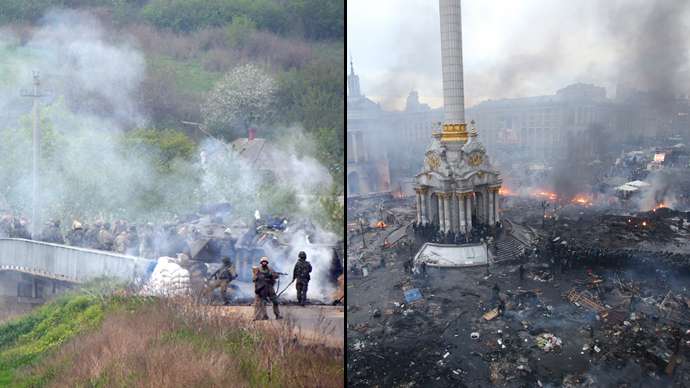
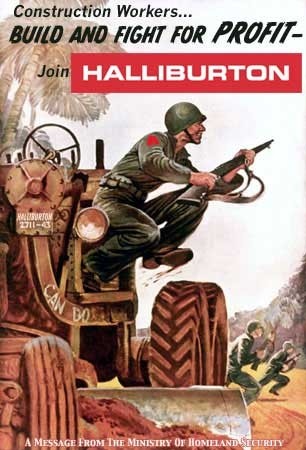

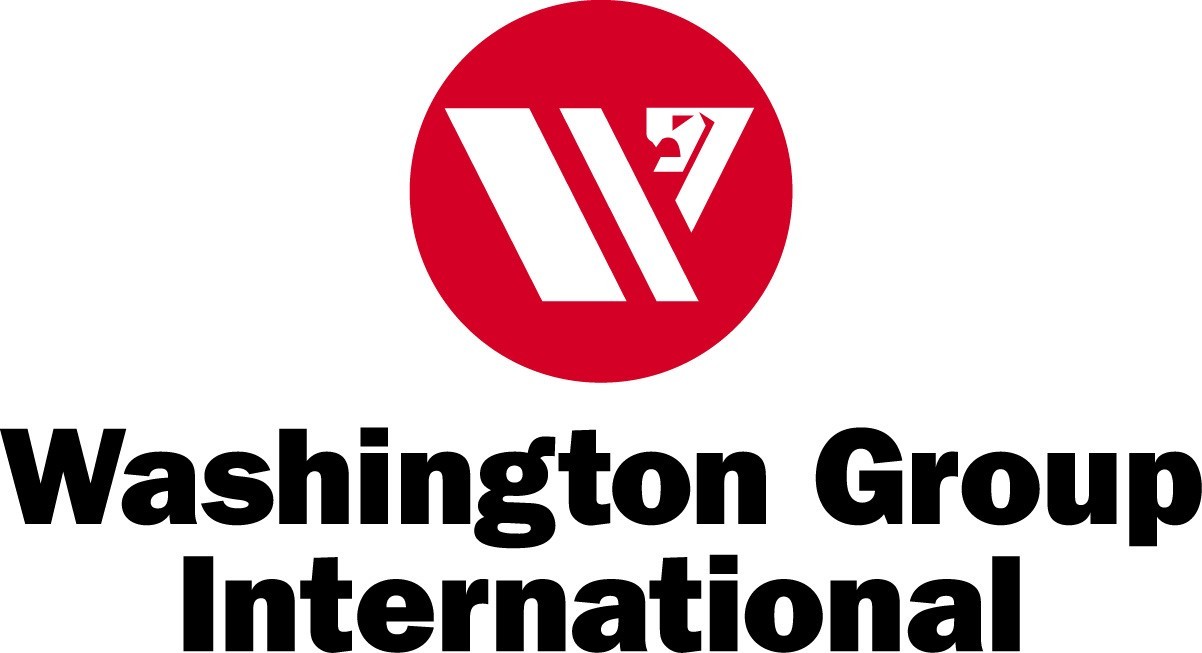















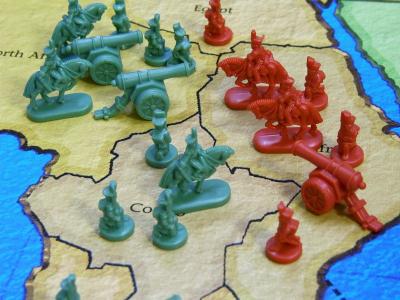
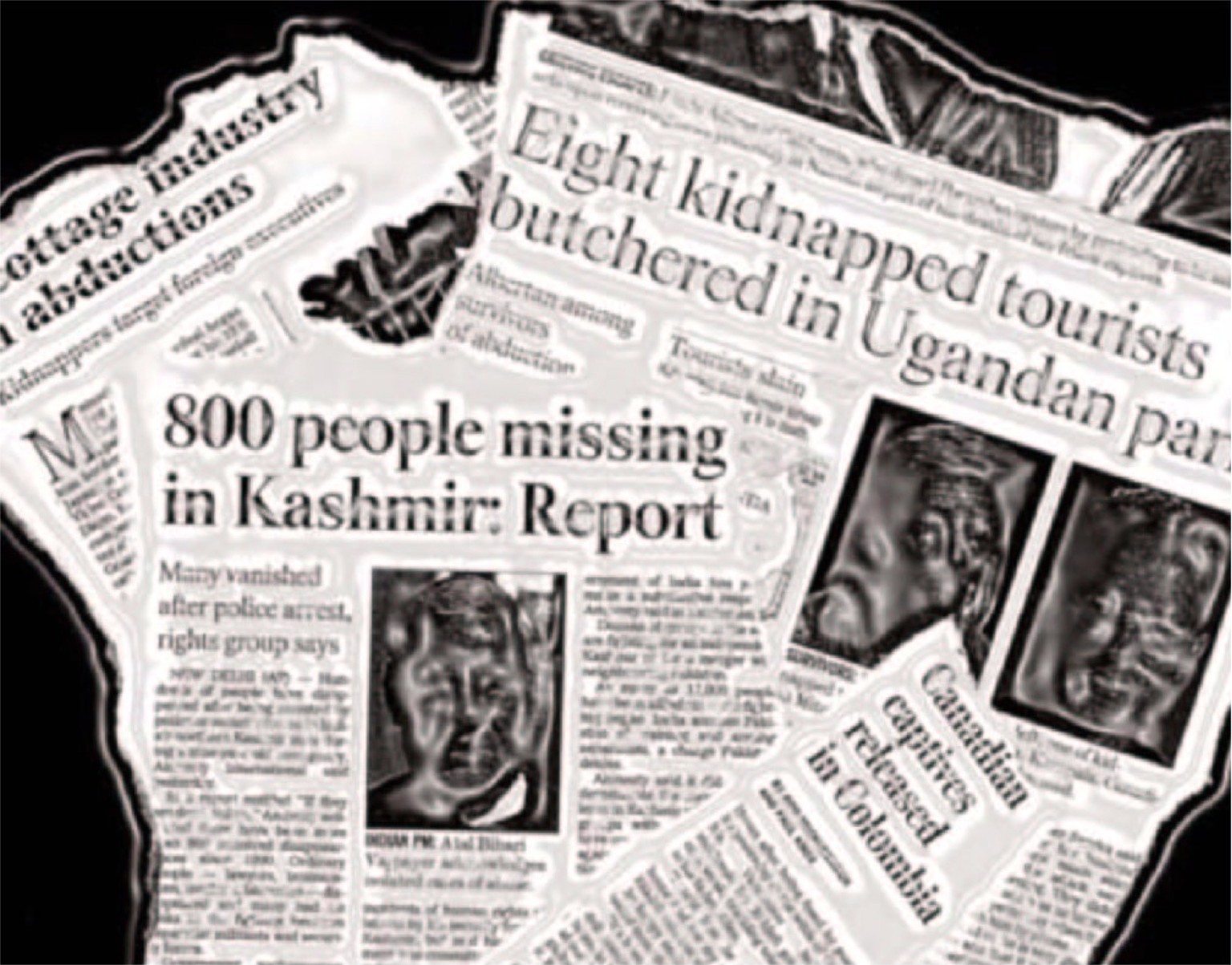

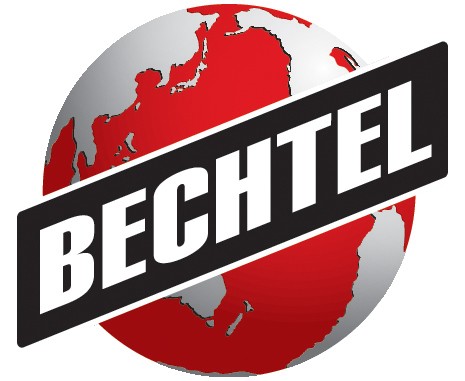
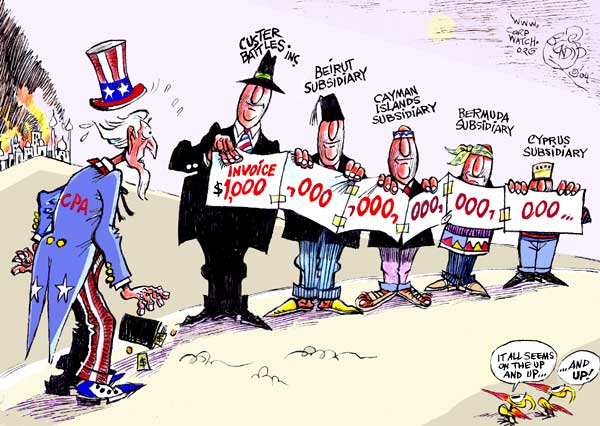

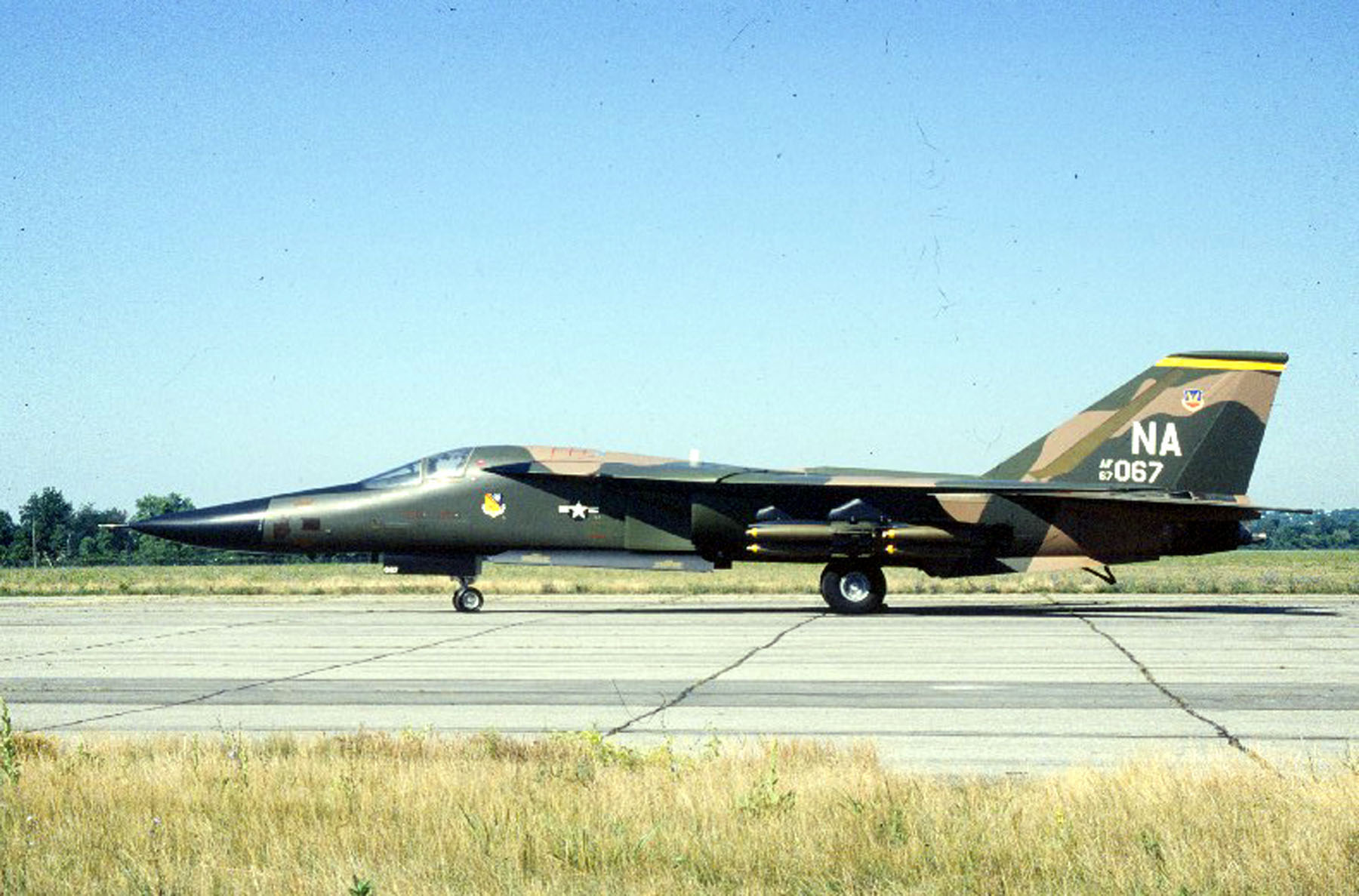





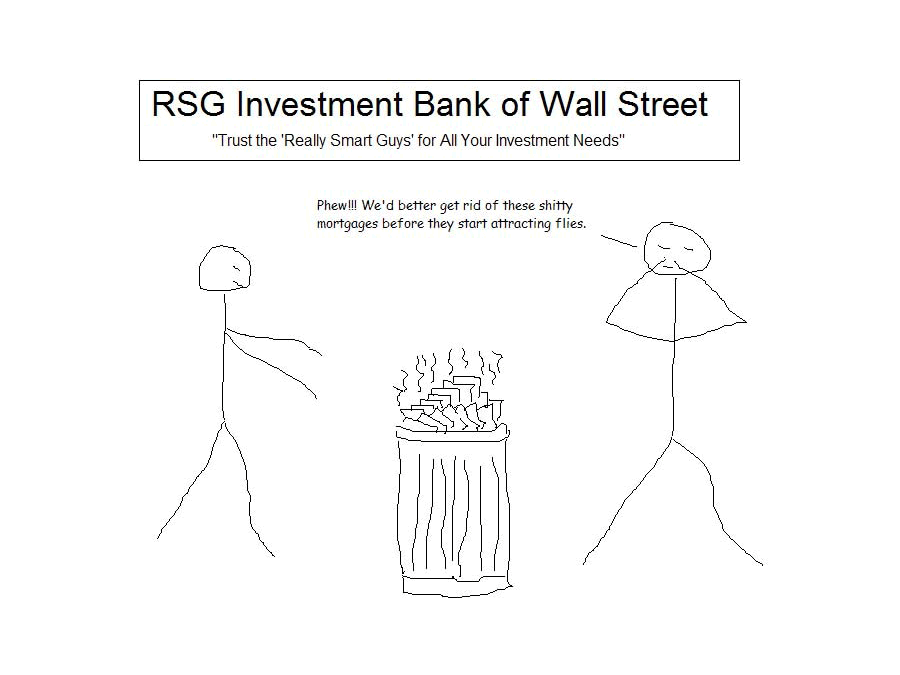

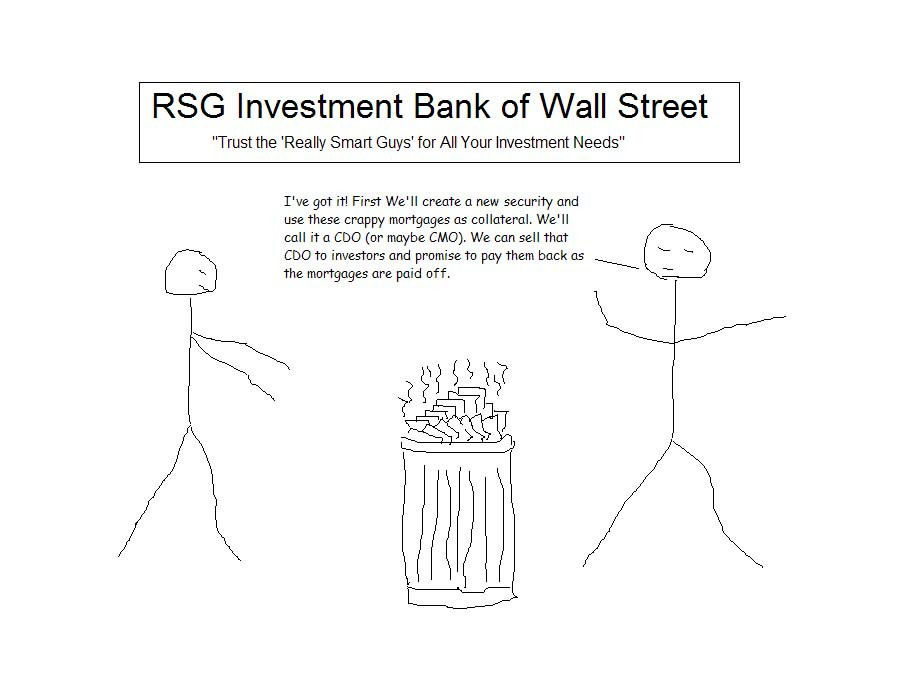
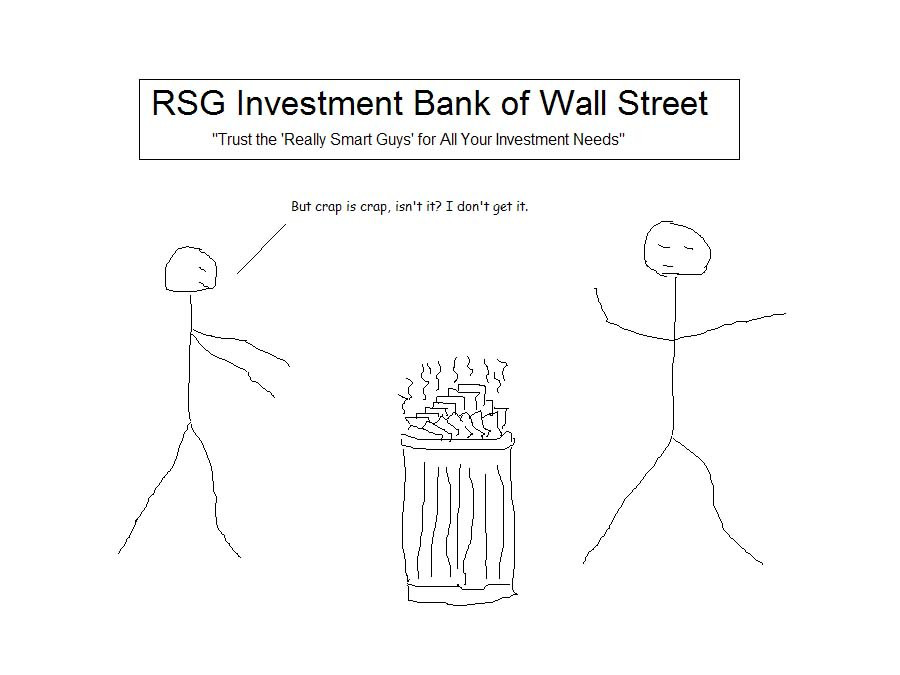
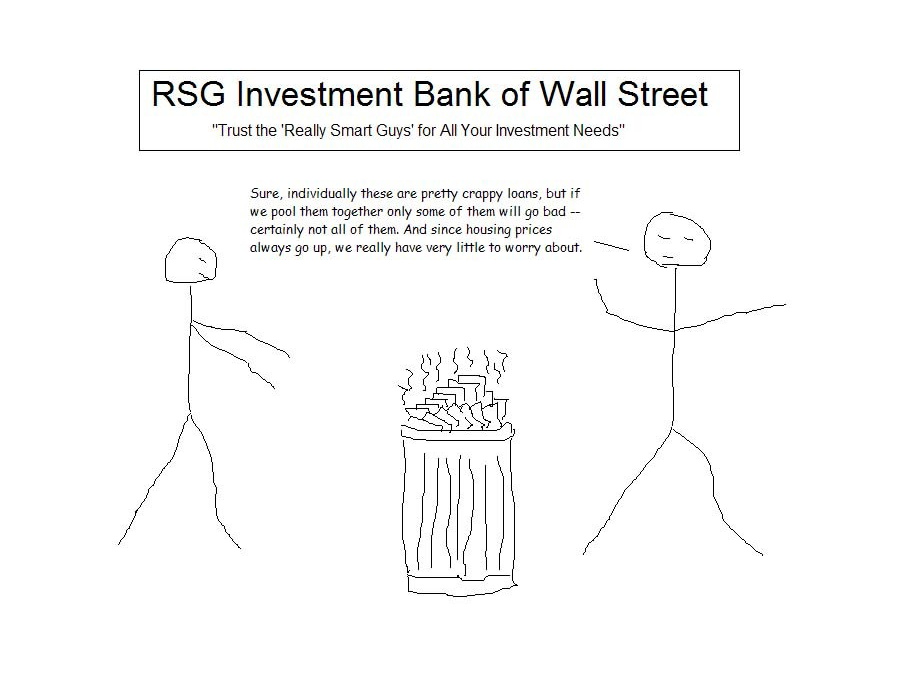

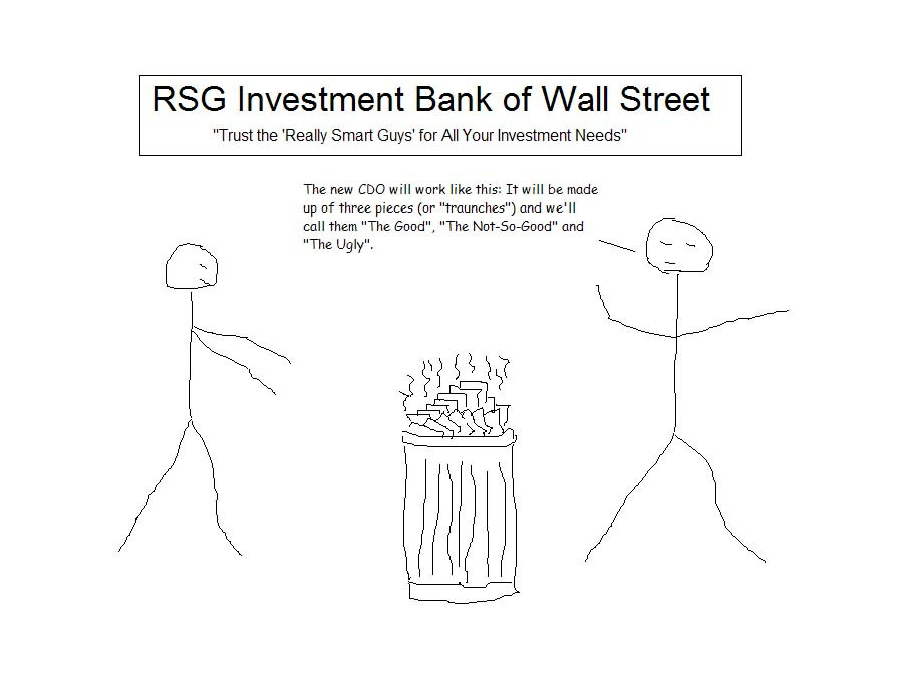

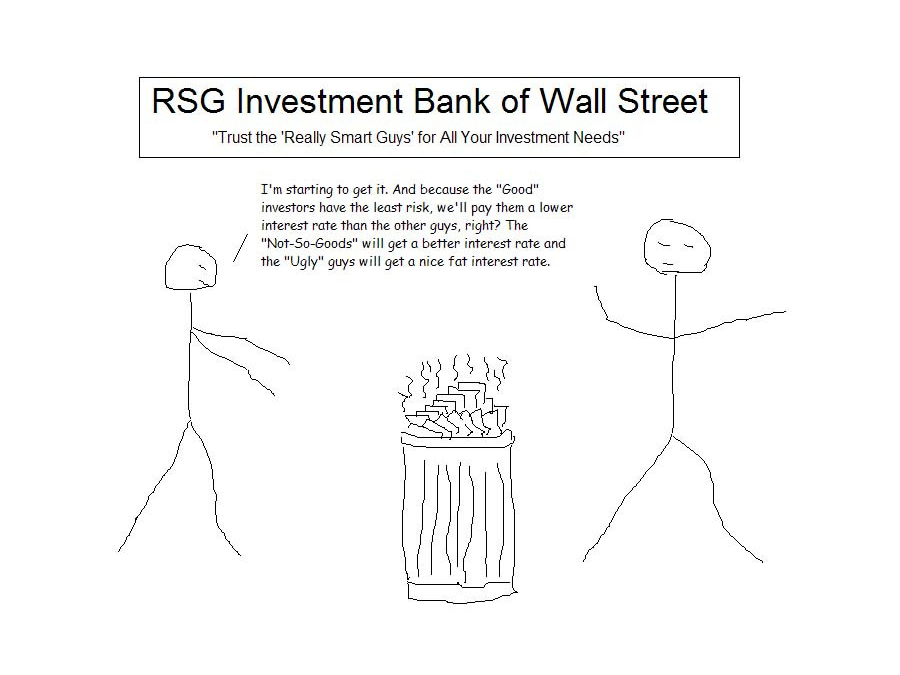
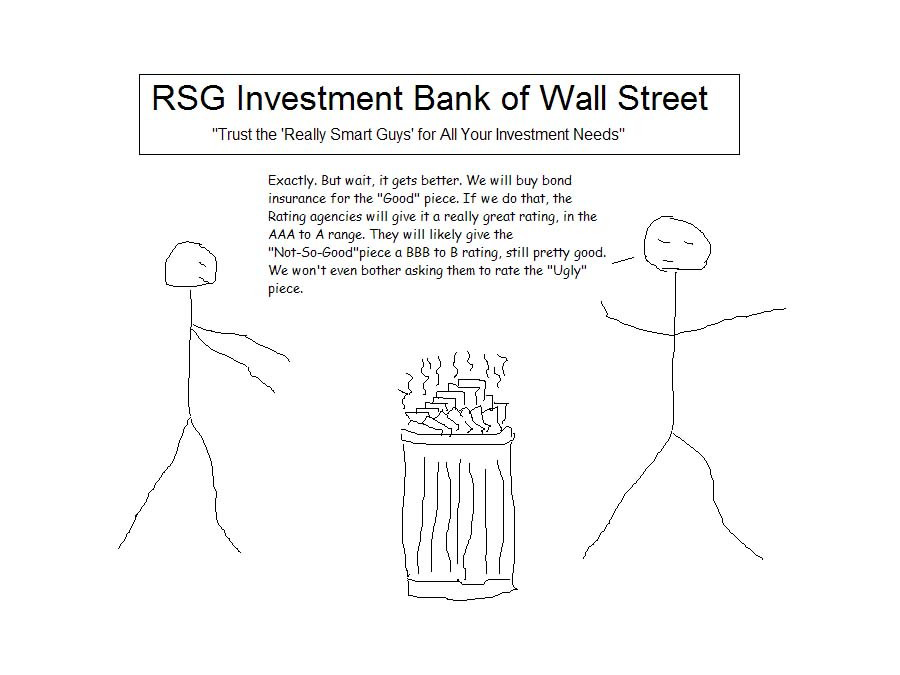
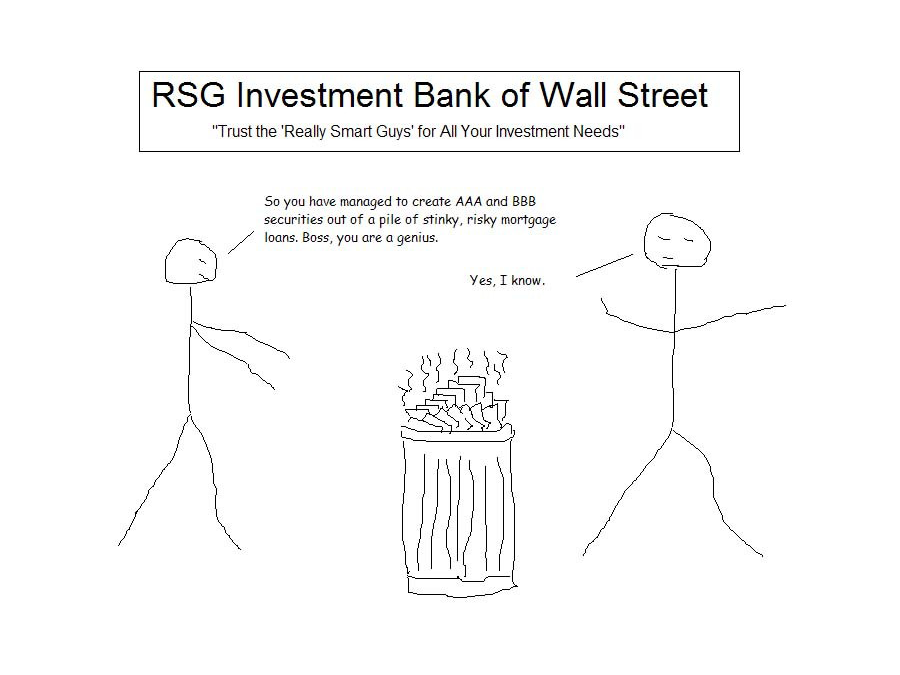
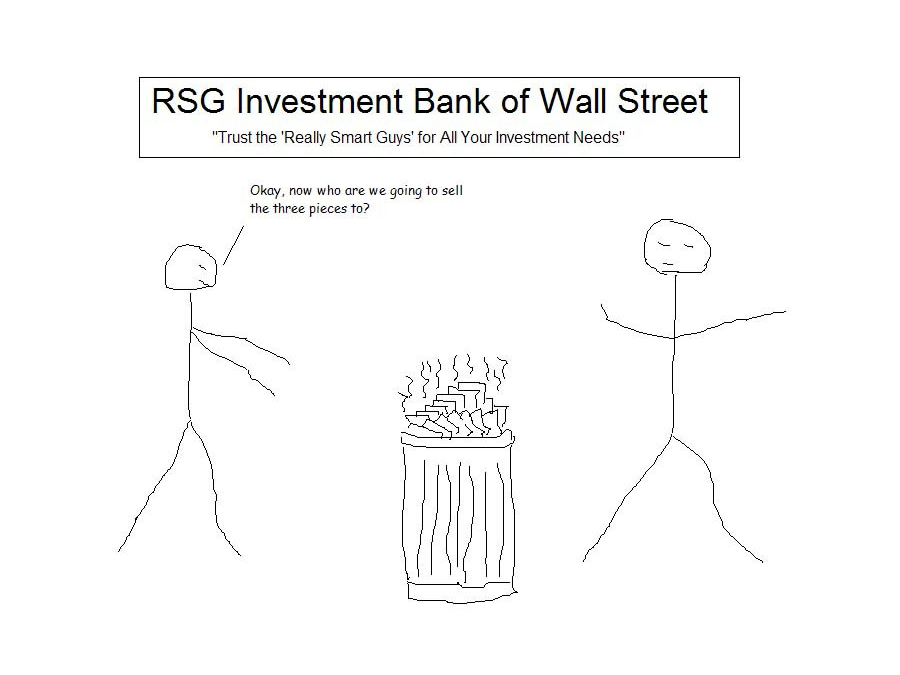


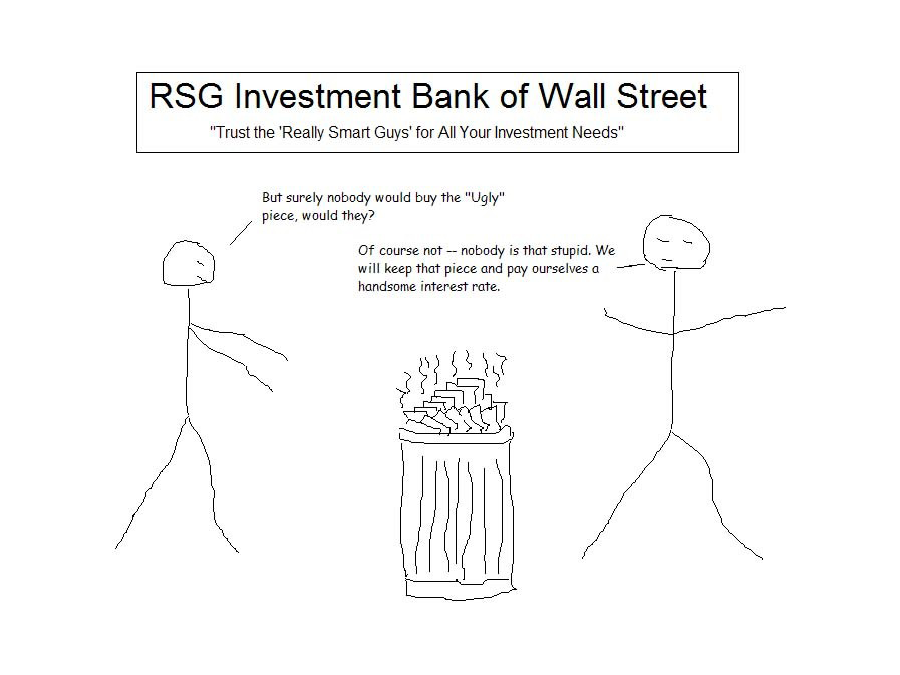

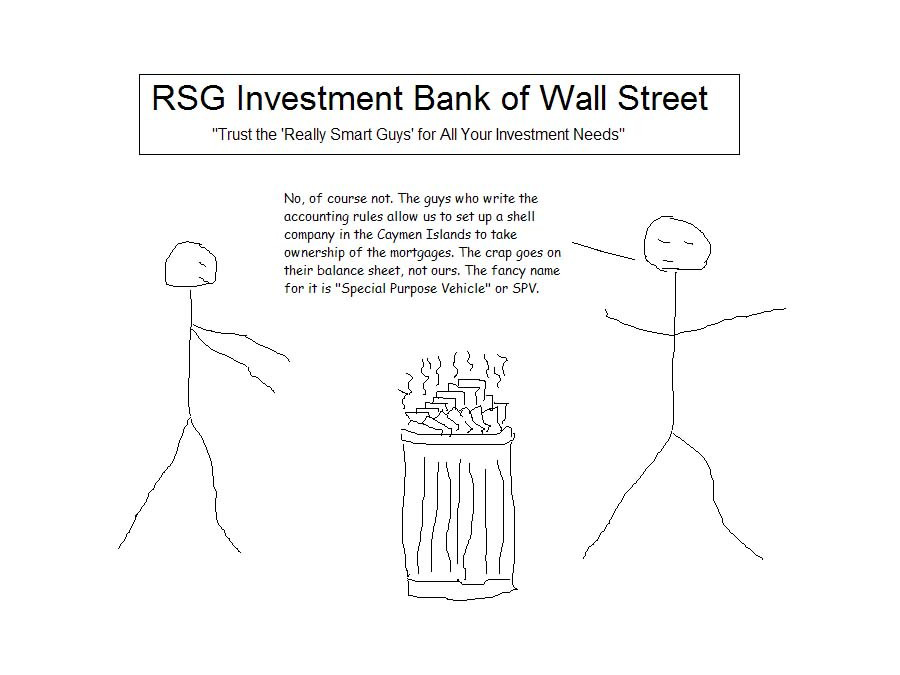


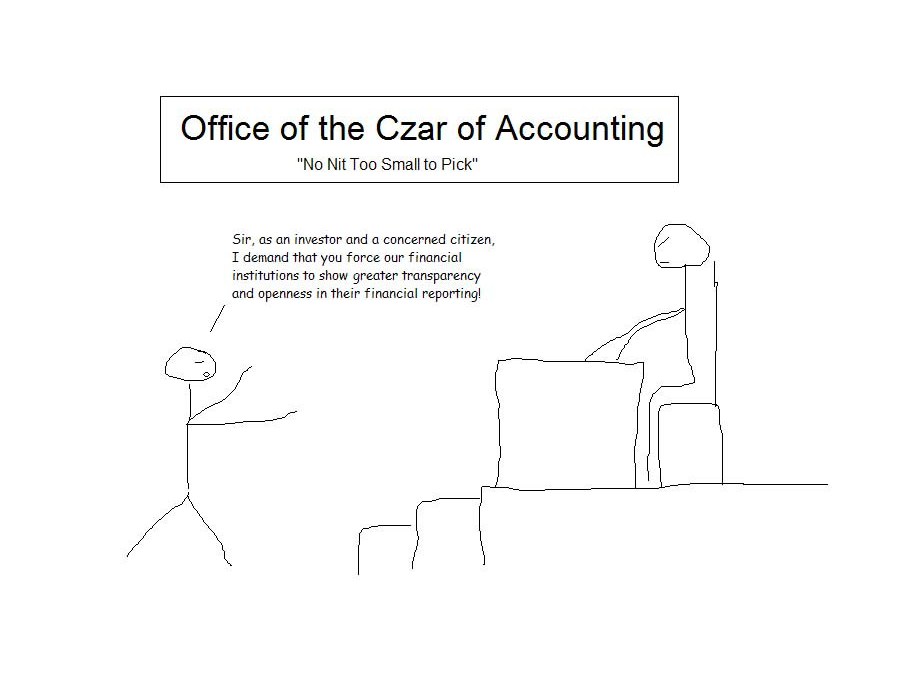
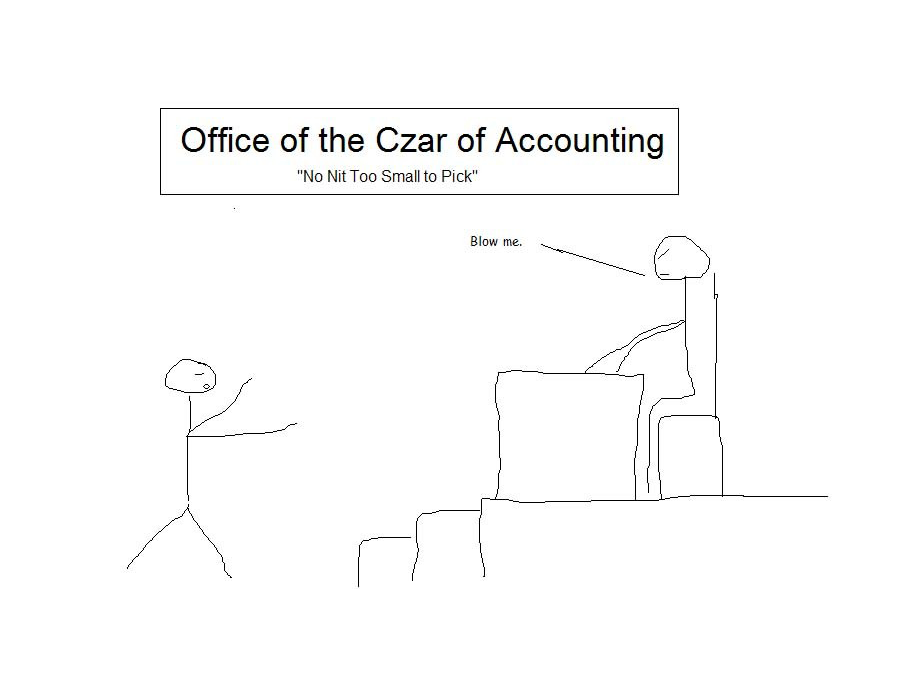

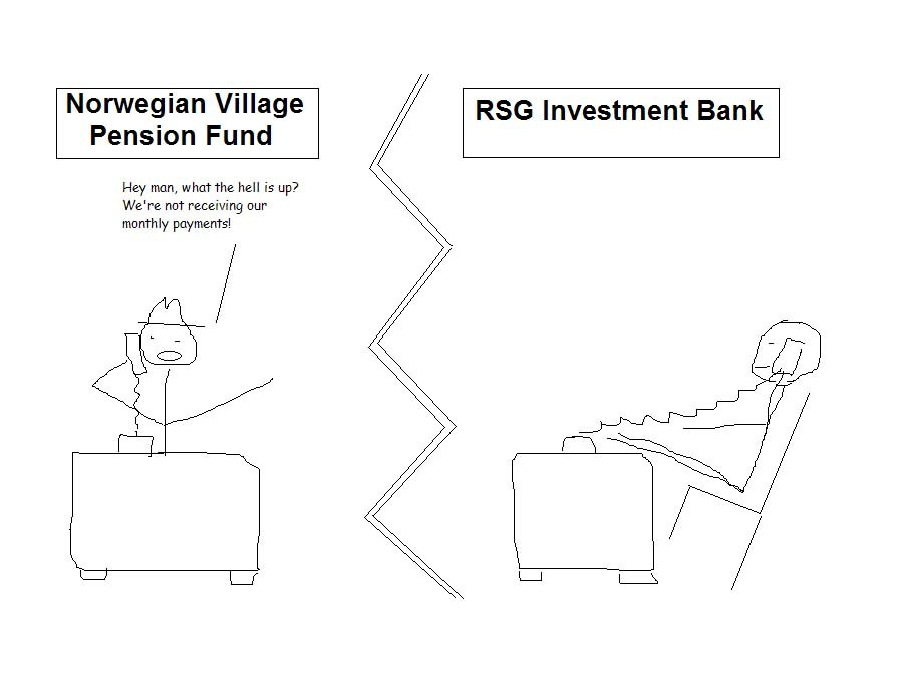
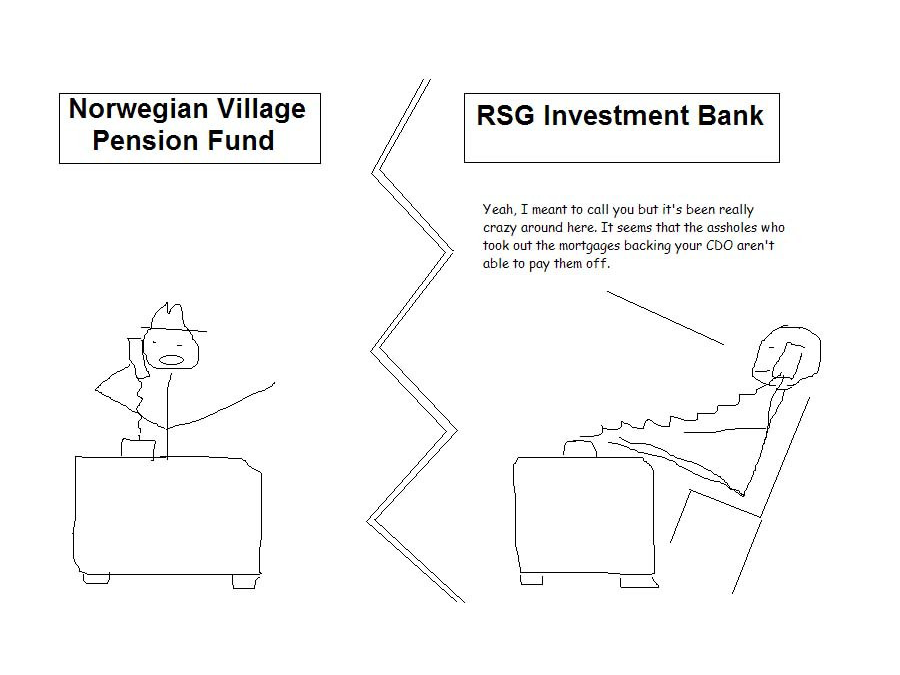
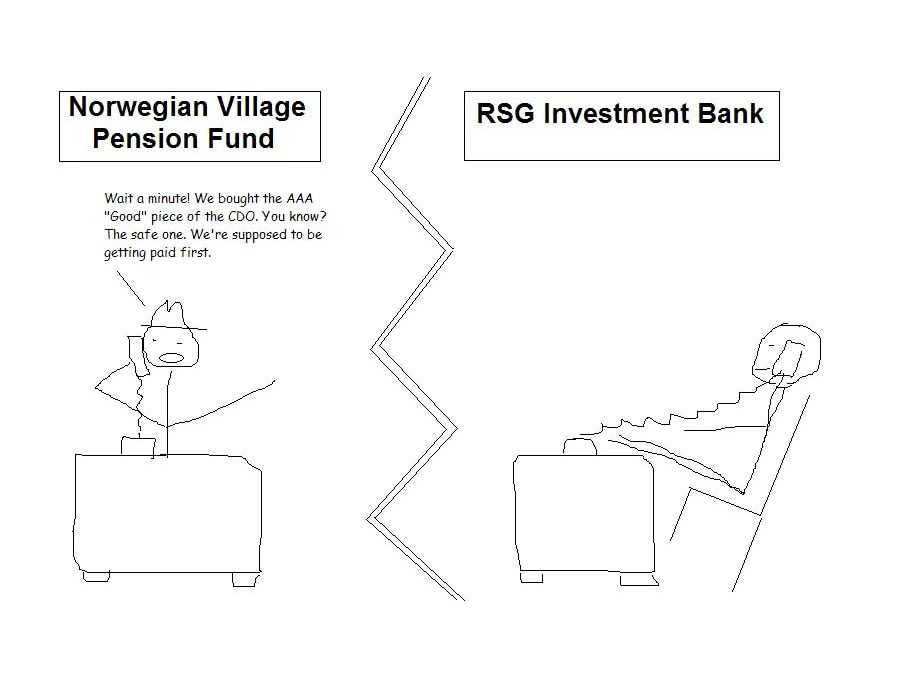
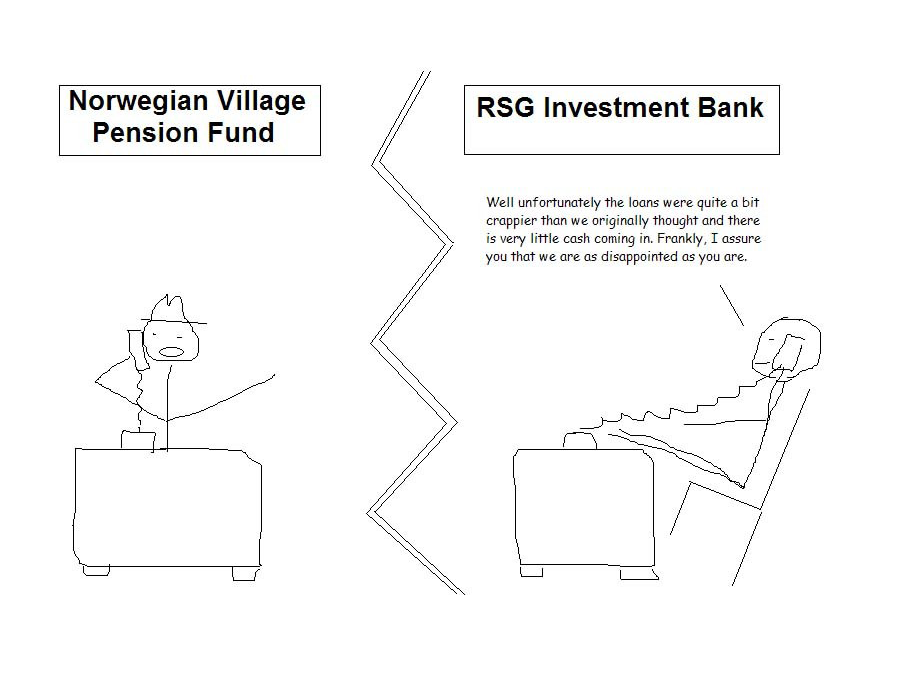
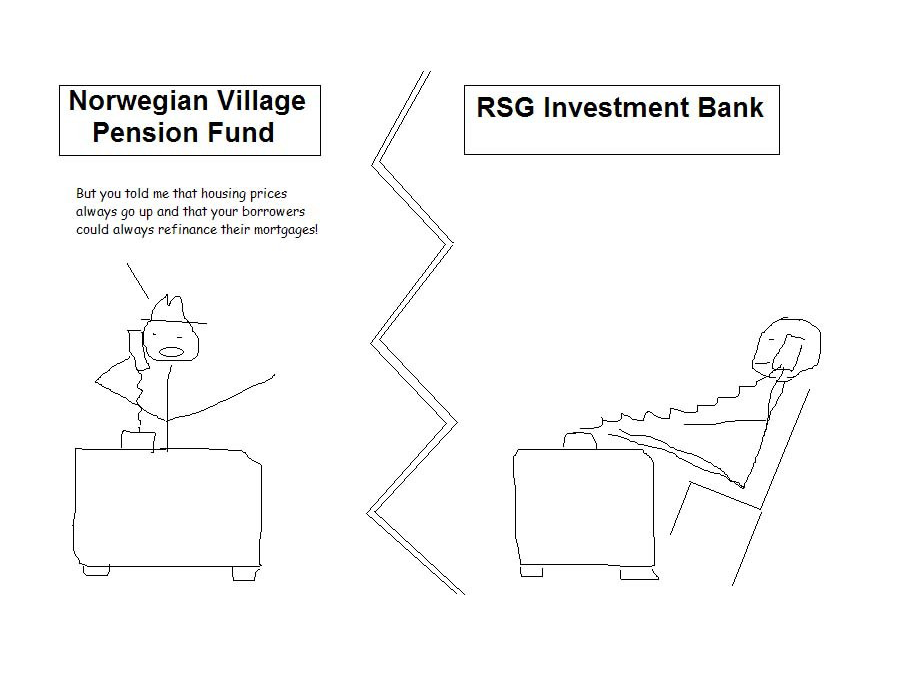
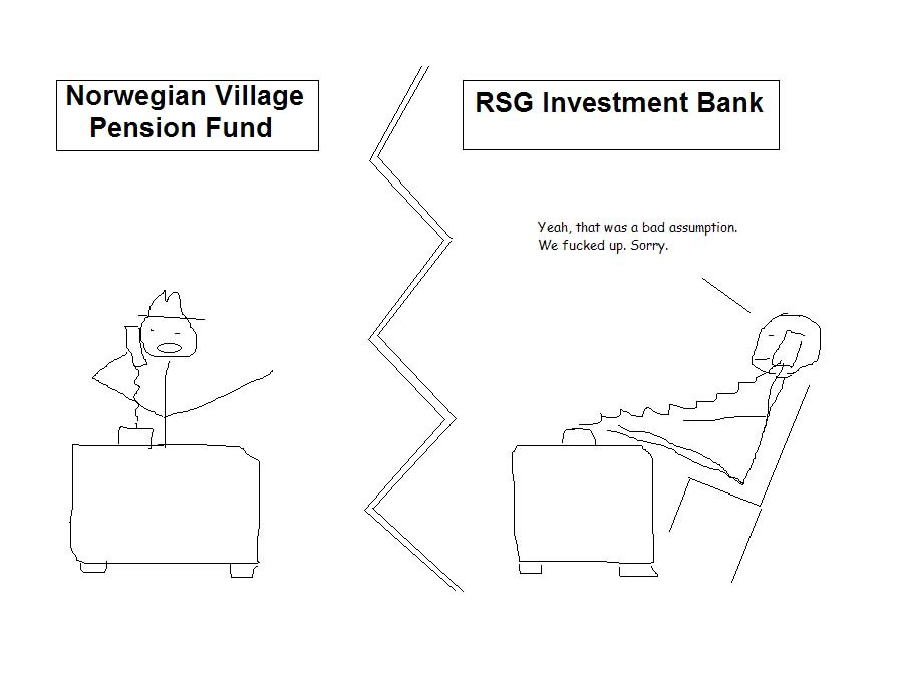
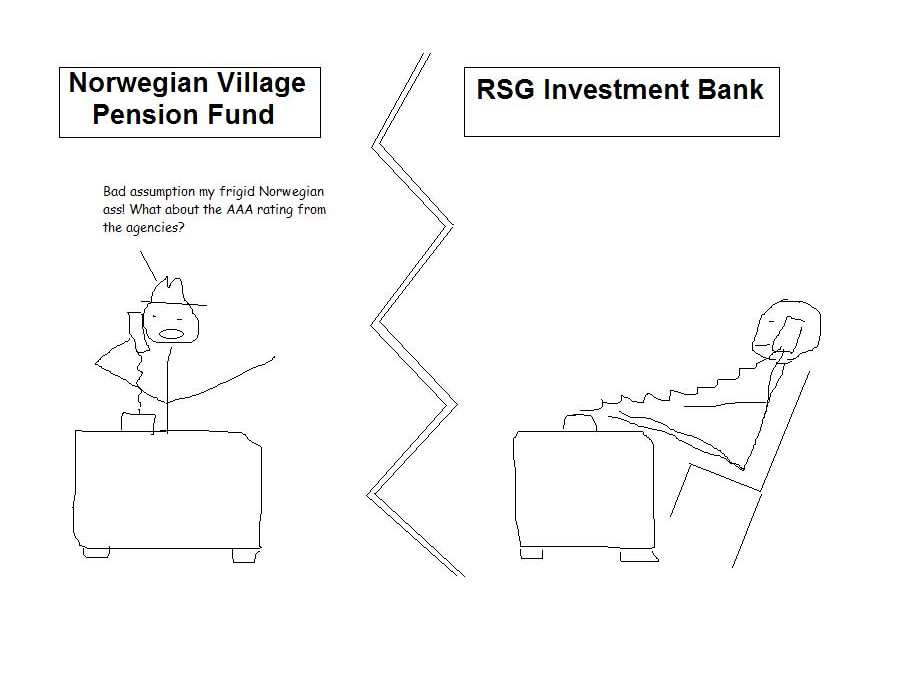
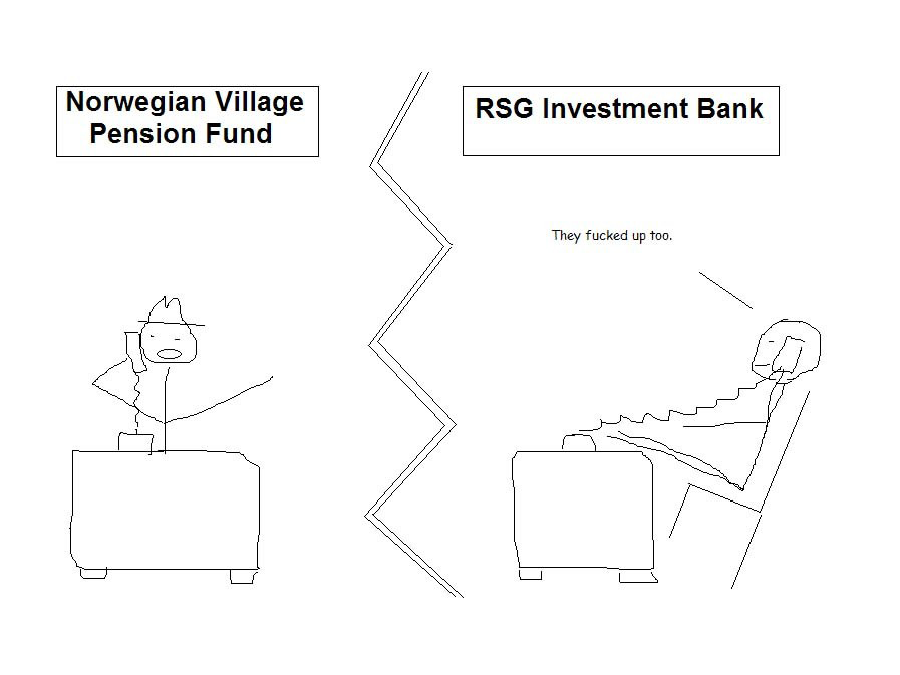
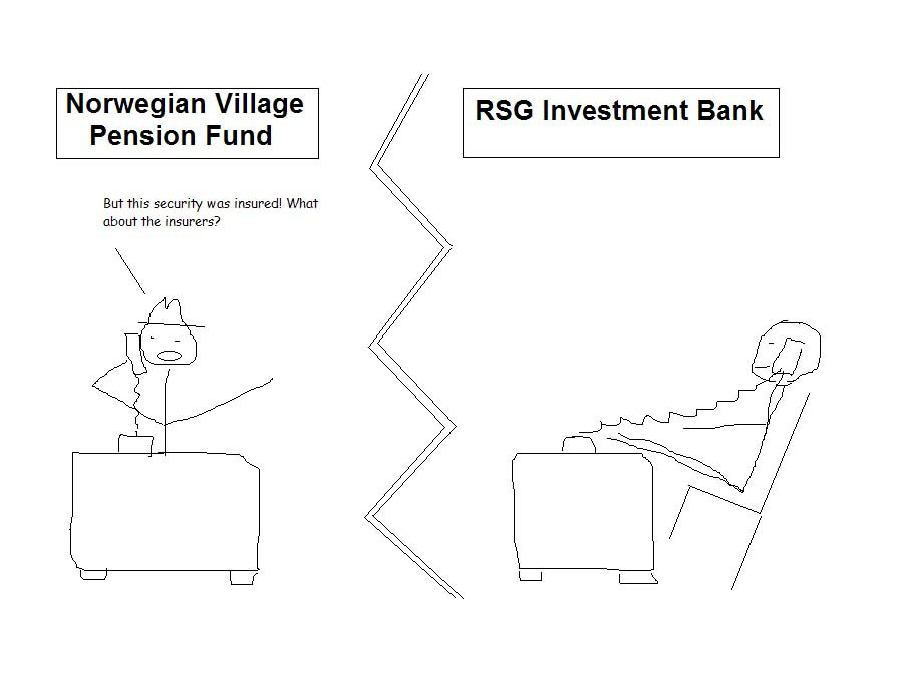
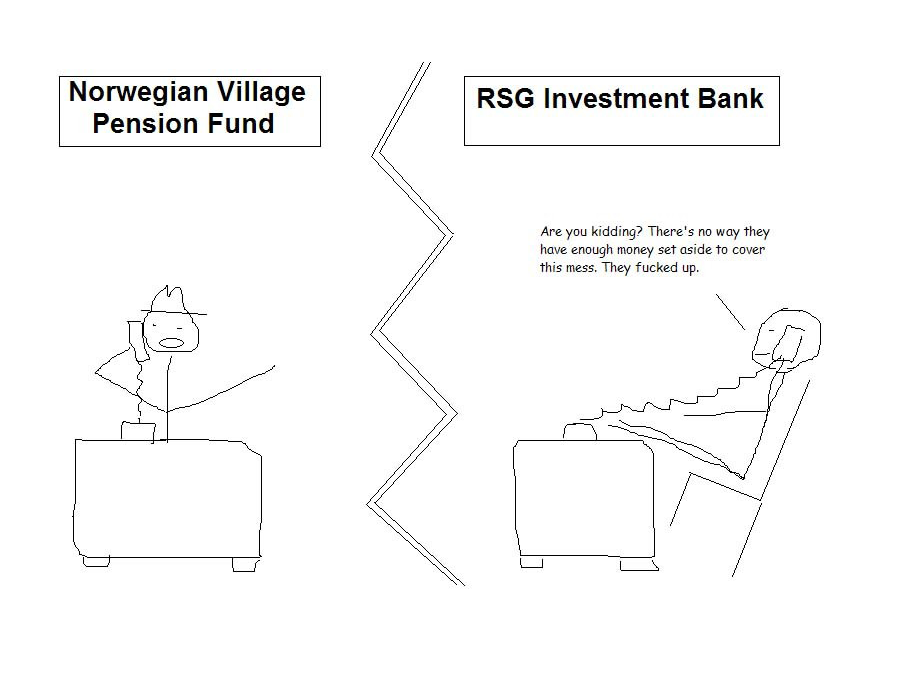
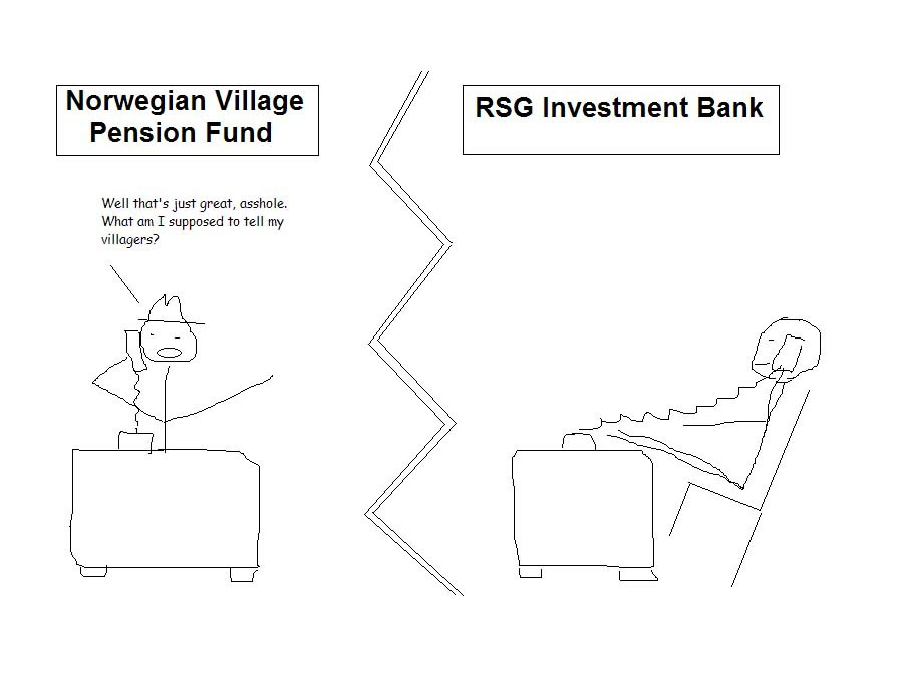
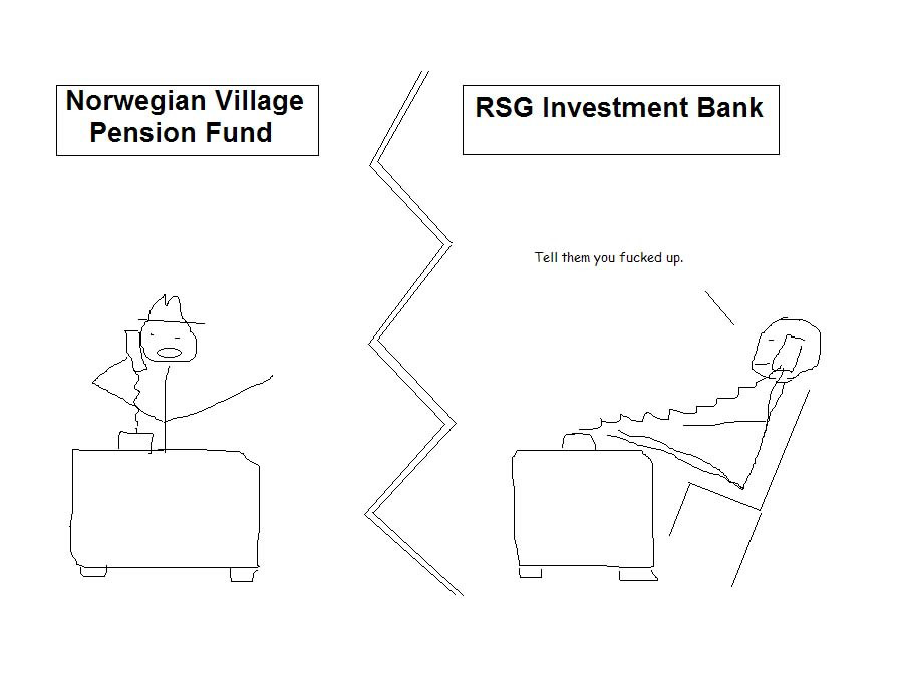
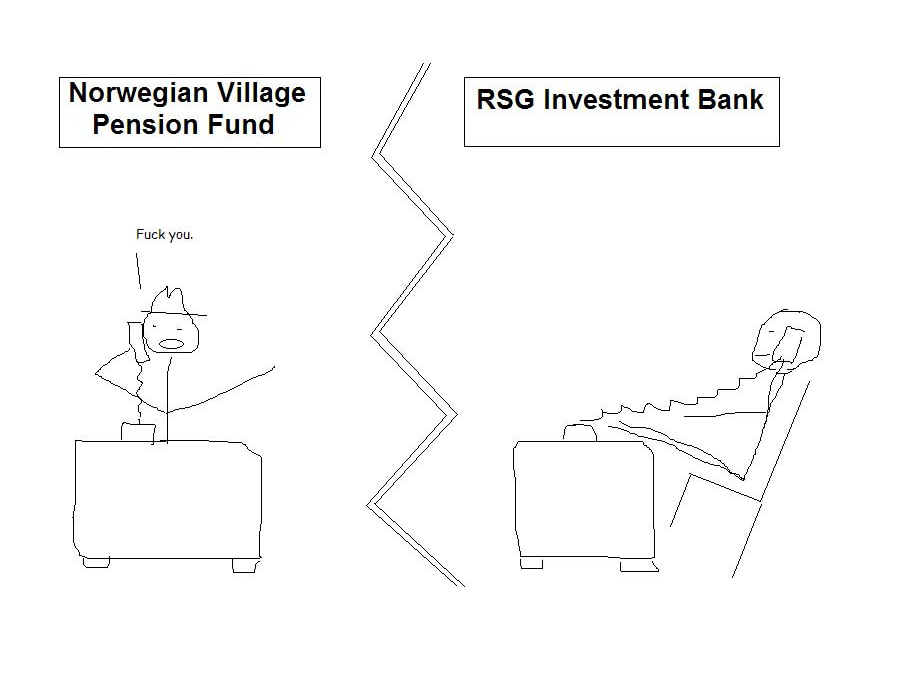
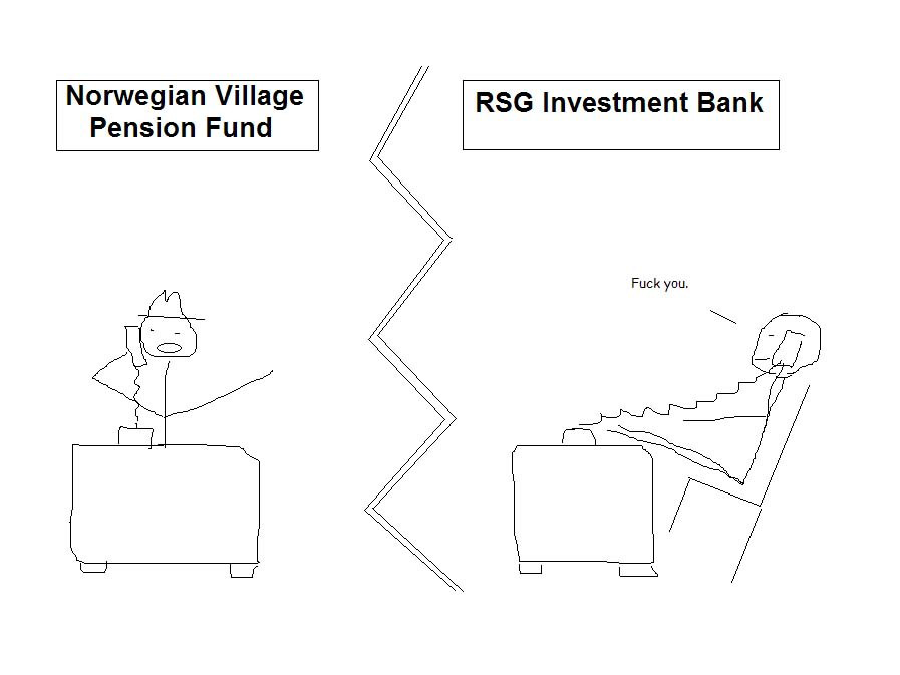


i have something special for you
BalasHapustoday!
This Profiteering Software App usually
retails at $497 but for my subscribers
it’s FREE!
This is invite only:
http://five-minute-profit-sites.net?CCM114
Pretty nice post. I just stumbled upon your weblog and wanted to say that I have really enjoyed browsing your blog posts. After all I’ll be subscribing to your feed and I hope you write again soon! loan on inheritance
BalasHapusThanks for this great post, i find it very interesting and very well thought out and put together. I look forward to reading your work in the future. solve your money problem
BalasHapus